Anti-Inflammatory Foods That Work Better Than Supplements
You don’t need a cabinet full of supplements to fight back. Real healing starts on your plate. We've now expanded our list of powerhouse foods that don’t just reduce inflammation—they restore balance, build resilience, and nourish your body at the cellular level. From colorful fruits and healthy fats to ancient spices and leafy greens, each item on this list is backed by science and loaded with benefits. Whether you’re managing an existing condition or aiming for long-term vitality, these anti-inflammatory foods are the foundation of smarter, cleaner living. It’s not about restriction—it’s about restoration. And it begins with what you eat.
1. The Magic of Turmeric: Nature’s Golden Healer
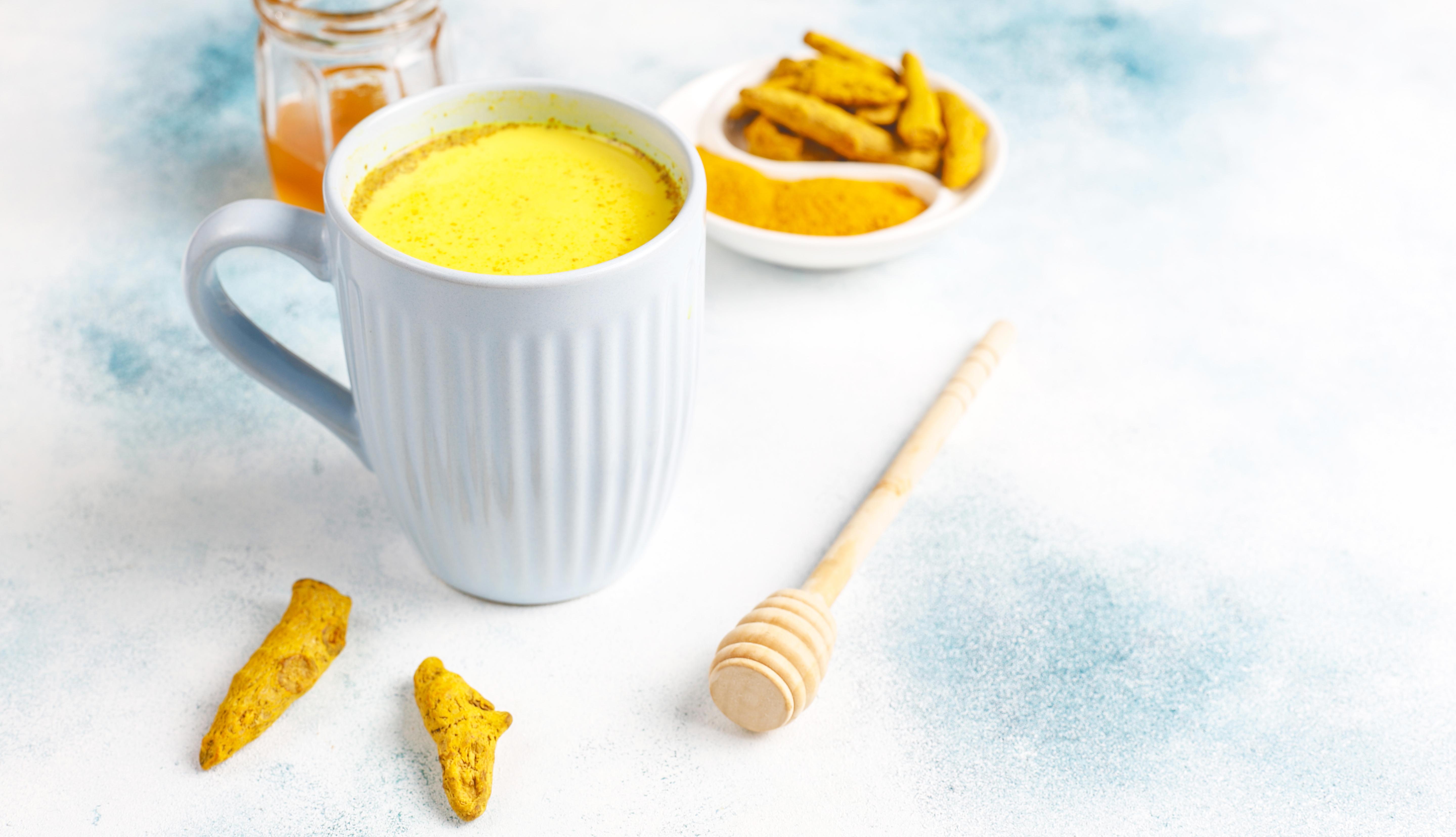
Turmeric, a vibrant yellow spice commonly used in Indian cuisine, has been revered for centuries for its medicinal properties. The active compound in turmeric, curcumin, is known for its potent anti-inflammatory and antioxidant effects. Scientific studies have demonstrated that curcumin can inhibit molecules that play significant roles in inflammation, making it a powerful natural alternative to pharmaceutical anti-inflammatories. Beyond its anti-inflammatory prowess, turmeric supports brain health, improves heart function, and may even help in preventing cancer. Incorporating turmeric into your diet is relatively simple. It can be added to soups, stews, and curries, or even blended into smoothies for a healthful kick. For enhanced absorption, pair turmeric with black pepper, which contains piperine, a compound that significantly increases curcumin’s bioavailability.
2. Berries: Small Fruits, Big Benefits
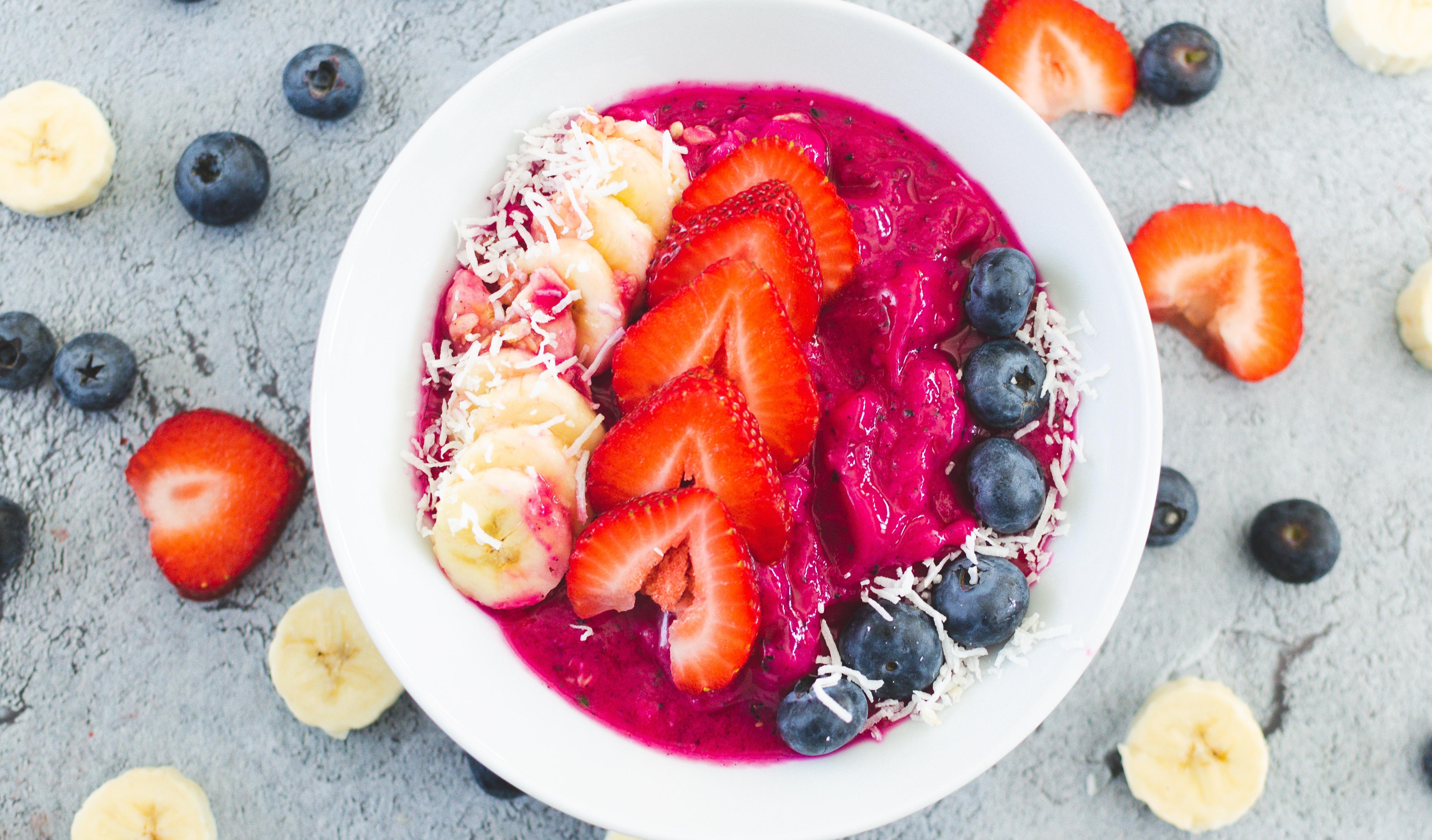
Berries, including blueberries, strawberries, and raspberries, are not only delicious but also packed with nutrients and antioxidants. These small fruits are rich in anthocyanins, compounds that give berries their vibrant color and provide potent anti-inflammatory effects. Research indicates that regular consumption of berries can reduce markers of inflammation and improve heart health by lowering blood pressure and cholesterol levels. Furthermore, the high fiber content in berries aids digestion and promotes a healthy gut microbiome, which is crucial for managing inflammation. Berries are versatile and can be enjoyed fresh, frozen, or dried. They make an excellent addition to breakfast cereals, yogurt, salads, or can be eaten as a snack on their own.
3. Fatty Fish: Omega-3 Rich Superstars
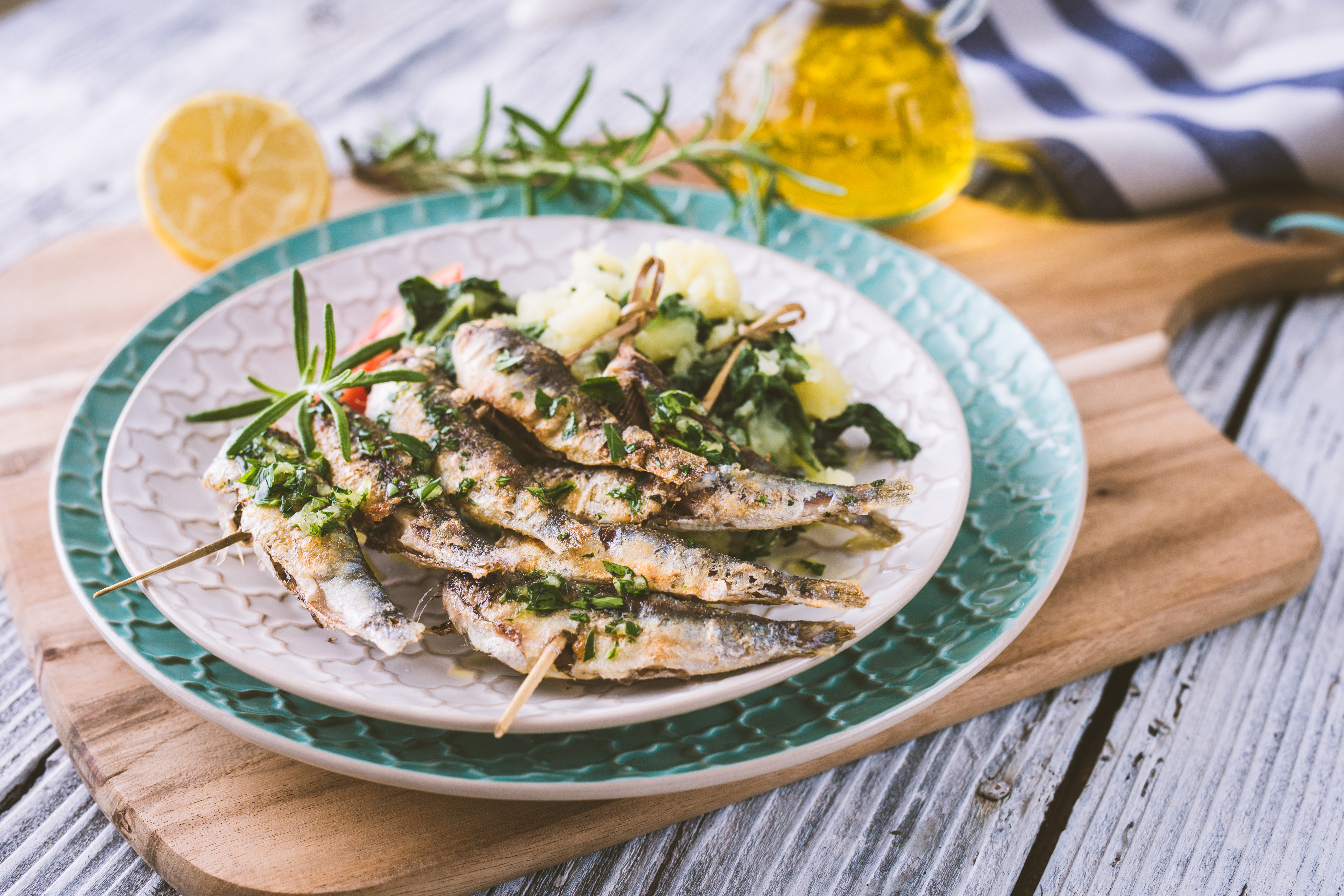
Fatty fish such as salmon, mackerel, sardines, and trout are among the best sources of omega-3 fatty acids, which are essential for reducing inflammation. Omega-3s work by inhibiting the production of inflammatory molecules and have been shown to lower the risk of chronic diseases like heart disease and arthritis. Regular consumption of fatty fish can also support brain health, enhance mood, and improve cognitive function. To reap these benefits, aim to include fatty fish in your diet at least twice a week. Grilled, baked, or poached, these fish can be prepared in various ways to suit different culinary preferences. For those who do not consume fish, omega-3 supplements derived from algae are a viable alternative.
4. Leafy Greens: Nutrient-Dense Powerhouses
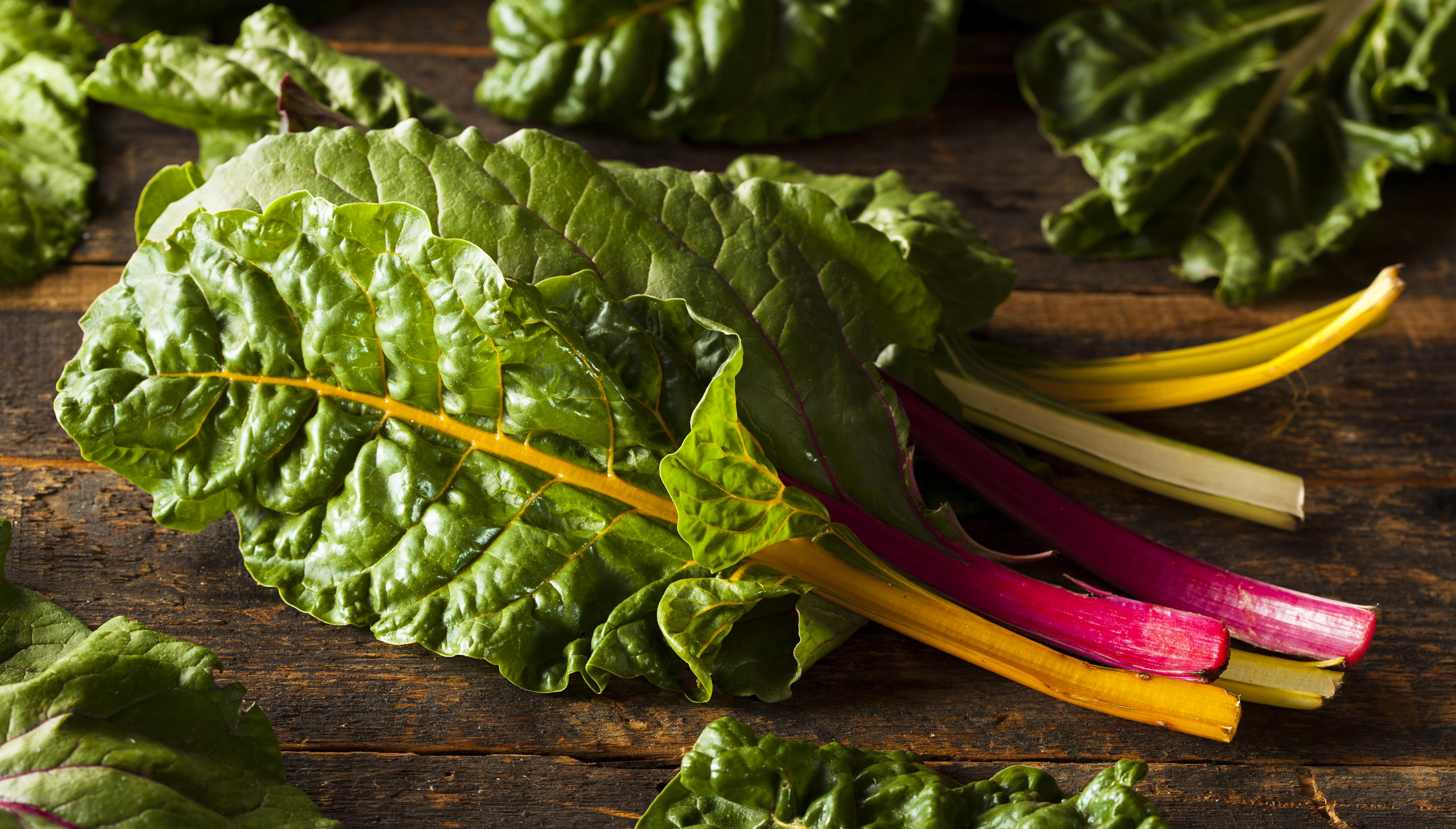
Leafy greens such as spinach, kale, and Swiss chard are nutritional powerhouses that offer a wide array of health benefits. These greens are rich in vitamins, minerals, and antioxidants, including vitamin K, vitamin C, and beta-carotene, all of which have anti-inflammatory properties. The high fiber content in leafy greens also supports digestive health and aids in the prevention of chronic diseases. Studies have shown that a diet rich in leafy greens can reduce the risk of heart disease, improve bone health, and enhance cognitive function. Incorporating these greens into your diet is easy; they can be added to salads, smoothies, soups, or simply sautéed as a side dish.
5. Nuts and Seeds: Crunchy Nutritional Powerhouses
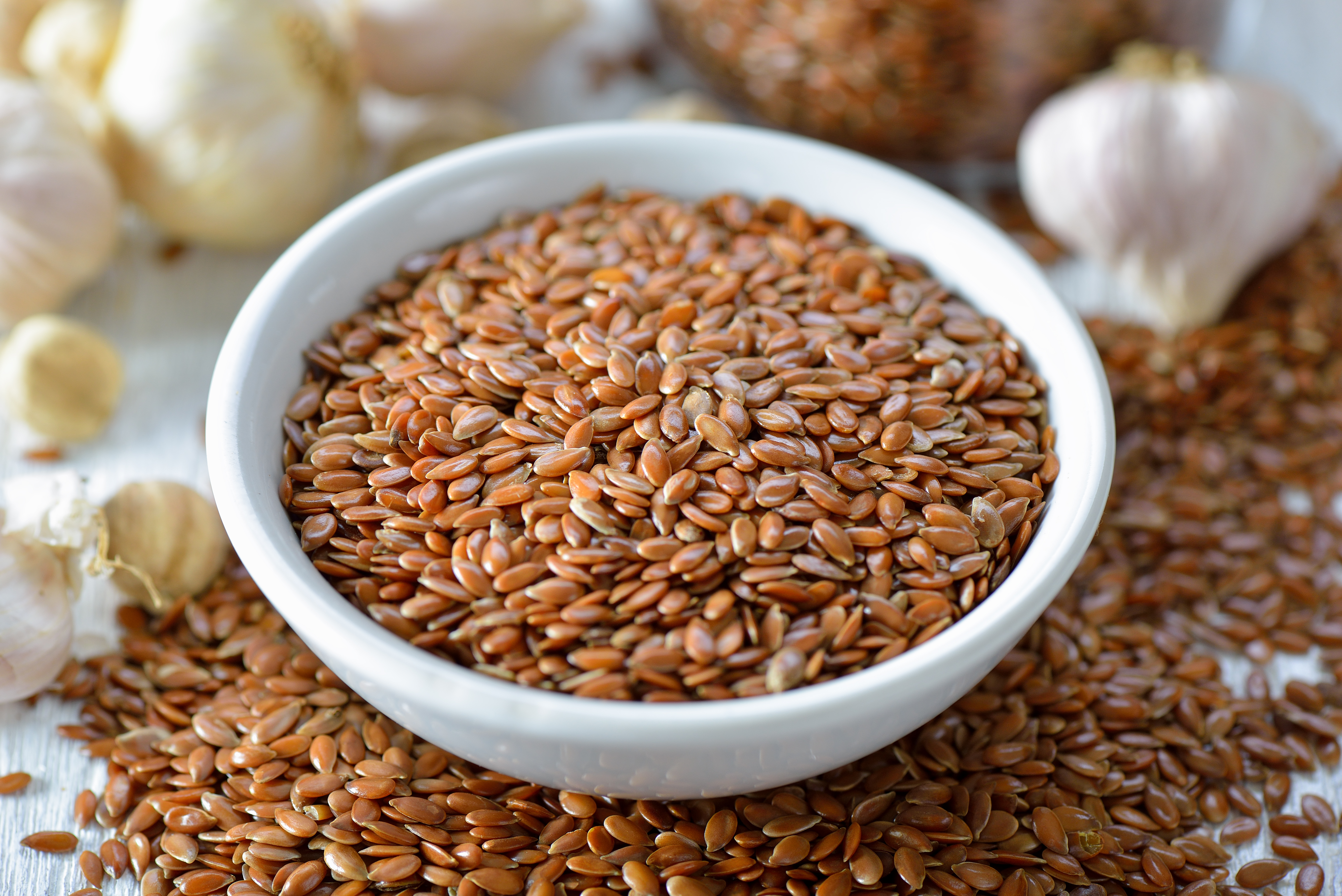
Nuts and seeds, including almonds, walnuts, chia seeds, and flaxseeds, are excellent sources of healthy fats, protein, and fiber. They contain antioxidants and anti-inflammatory compounds such as vitamin E, selenium, and omega-3 fatty acids, which help reduce inflammation and protect against oxidative stress. Regular consumption of nuts and seeds has been linked to a lower risk of heart disease, improved cholesterol levels, and better weight management. These nutrient-dense foods make for convenient snacks and can be easily incorporated into meals. Sprinkle them over salads, yogurt, or oatmeal, or use them as a base for homemade energy bars.
6. Olive Oil: Liquid Gold for Health
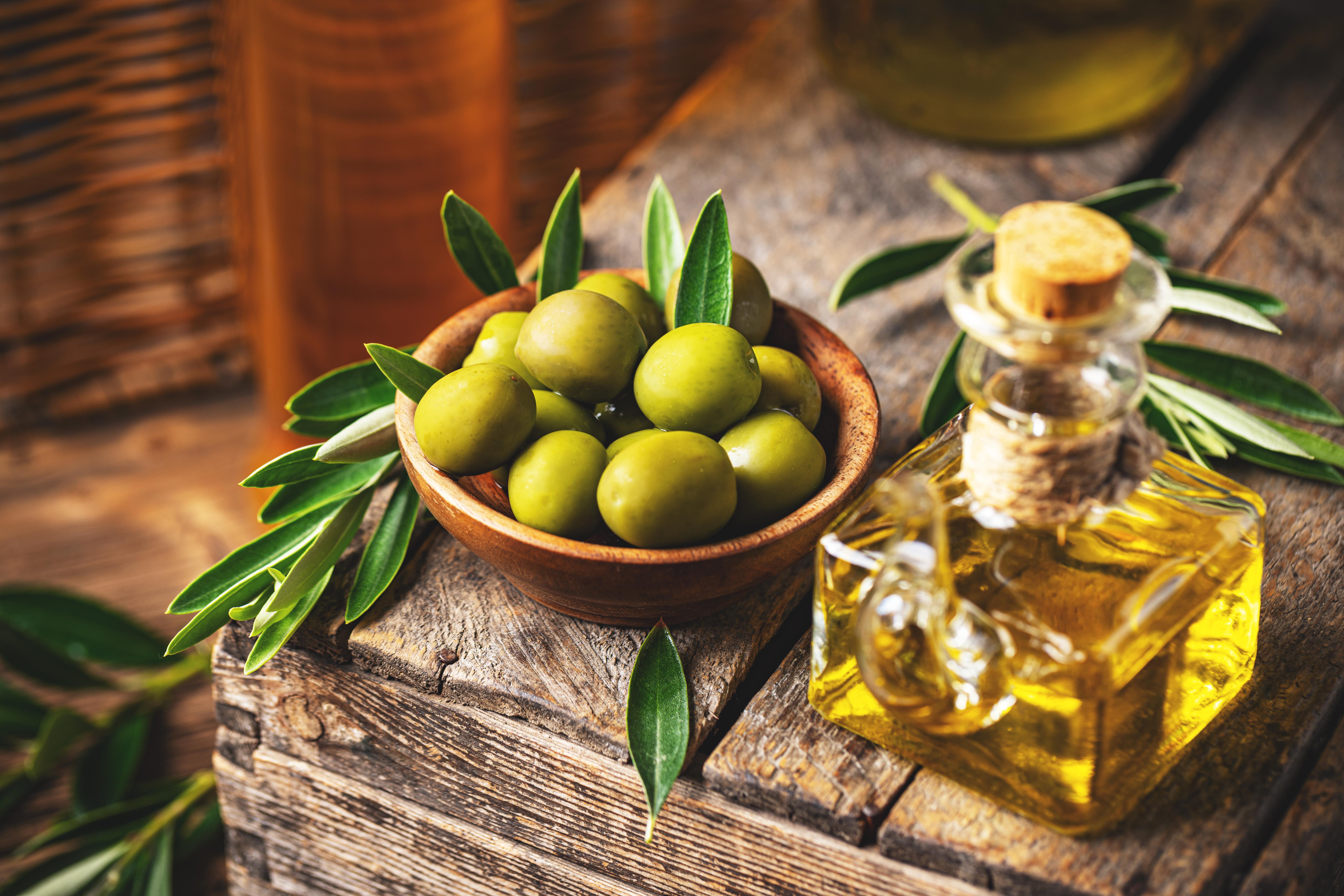
Olive oil, a staple in the Mediterranean diet, is renowned for its health benefits and anti-inflammatory properties. It is rich in monounsaturated fats and contains oleocanthal, a compound that mimics the effects of ibuprofen, an anti-inflammatory drug. Studies have shown that regular consumption of olive oil can reduce inflammation, lower the risk of heart disease, and improve brain health. To maximize its benefits, opt for extra virgin olive oil, which is less processed and retains more of its natural antioxidants. Use olive oil as a dressing for salads, a base for cooking, or simply drizzle it over vegetables for added flavor and health benefits.
7. Ginger: A Zesty Root with Soothing Effects
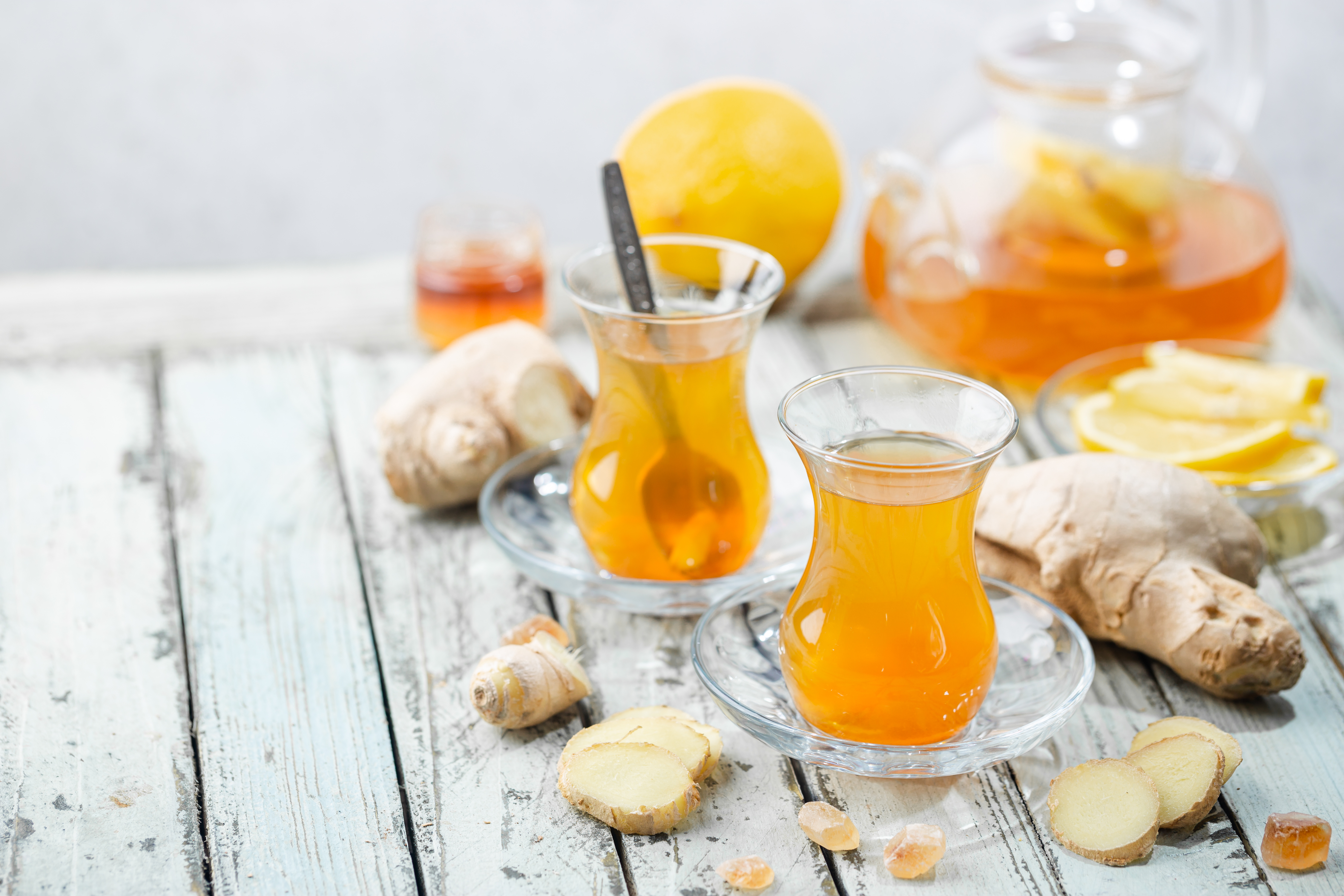
Ginger, a popular spice with a distinctive flavor, has been used for centuries in traditional medicine to treat various ailments. It contains gingerol, a bioactive compound with powerful anti-inflammatory and antioxidant effects. Ginger can help reduce inflammation and pain, particularly in conditions such as osteoarthritis and menstrual discomfort. It also supports digestive health by alleviating nausea and improving gut function. Incorporating ginger into your diet is simple; it can be added to teas, smoothies, stir-fries, and baked goods. Fresh ginger root can be grated or sliced, while ground ginger offers a convenient alternative for seasoning dishes.
8. Garlic: The Pungent Protector
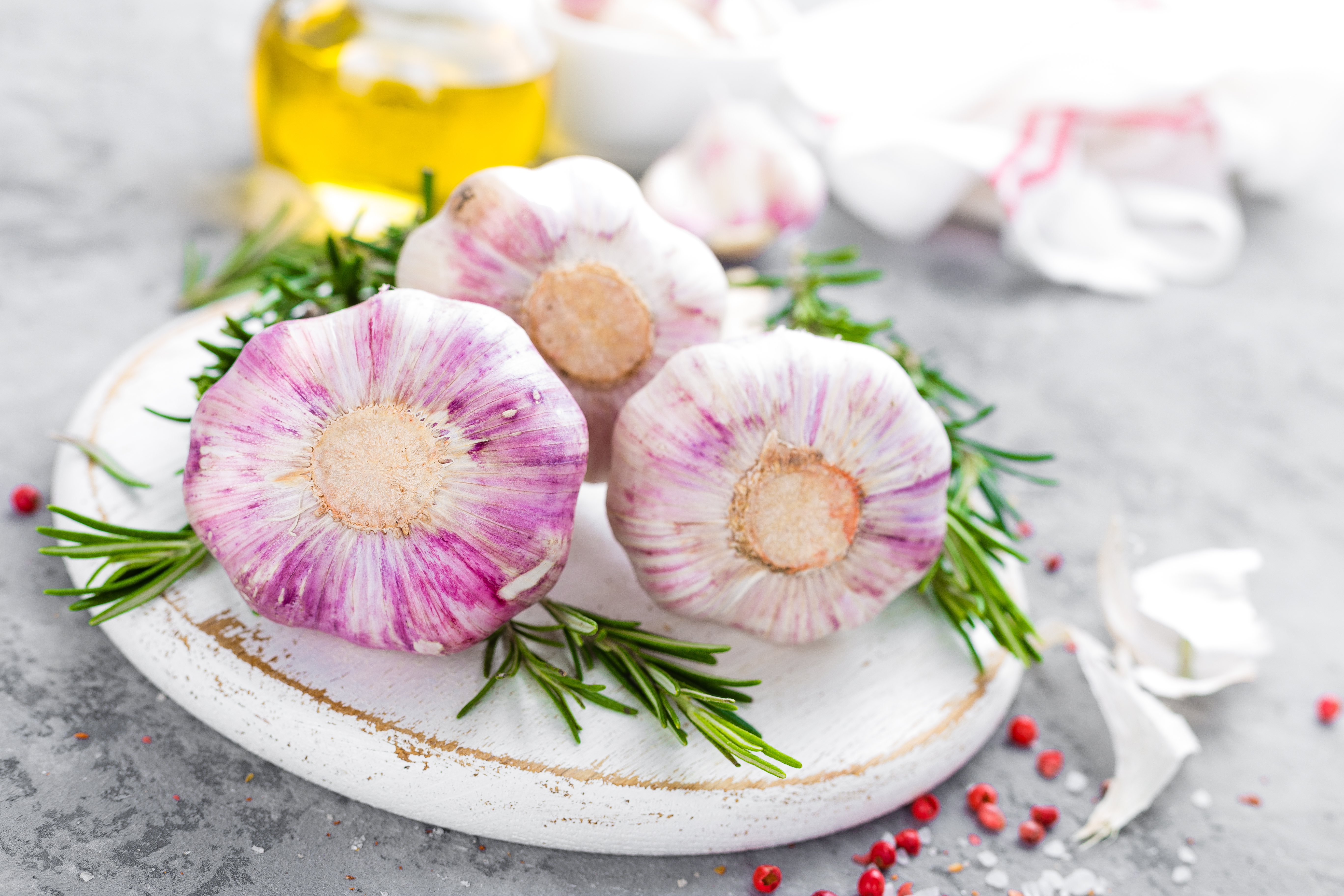
Garlic, a culinary staple known for its pungent aroma and flavor, is also a potent anti-inflammatory food. It contains sulfur compounds, such as allicin, which have been shown to reduce inflammation and boost immune function. Garlic’s health benefits extend to improving heart health by lowering blood pressure and cholesterol levels. It also has antimicrobial properties that can help fight infections. To harness the full benefits of garlic, consume it raw or lightly cooked, as excessive heat can diminish its active compounds. Garlic can be used to flavor a wide range of dishes, from sauces and soups to roasted vegetables and meats.
9. Green Tea: A Soothing Antioxidant-Rich Beverage

Green tea, a popular beverage consumed worldwide, is celebrated for its numerous health benefits. It is rich in polyphenols, particularly catechins, which provide strong anti-inflammatory and antioxidant effects. Regular consumption of green tea has been linked to reduced inflammation, improved heart health, and enhanced brain function. Additionally, green tea can aid in weight management by boosting metabolism and fat oxidation. To enjoy the benefits of green tea, aim to drink it daily. It can be consumed hot or cold and is available in various forms, including loose leaves, tea bags, and matcha powder.
10. Tomatoes: Juicy Red Health Boosters
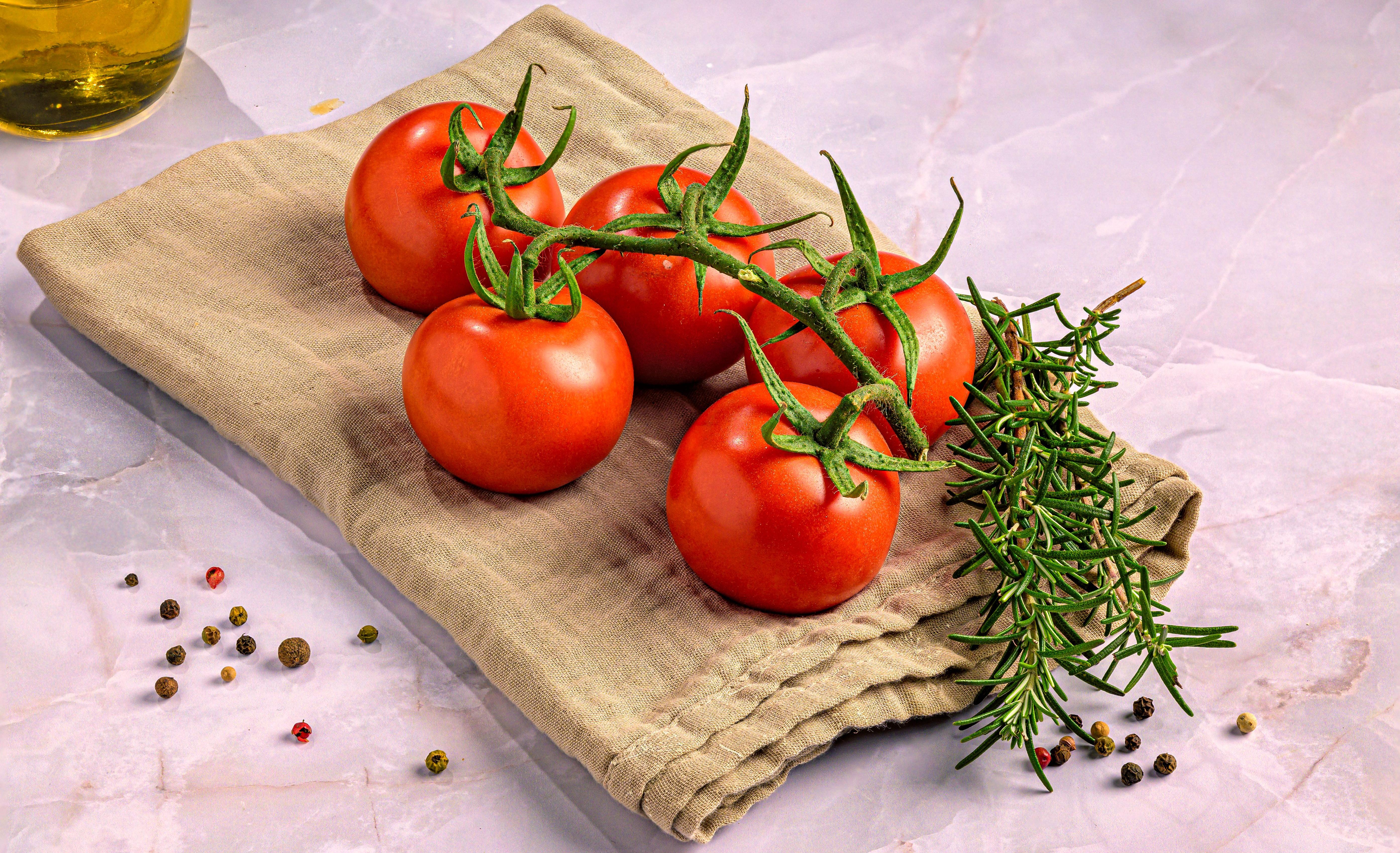
Tomatoes, a staple in many cuisines, are not only versatile but also packed with nutrients that promote health. They are rich in lycopene, a powerful antioxidant with anti-inflammatory properties. Lycopene has been associated with a reduced risk of chronic diseases, including heart disease and certain cancers. Tomatoes also contain vitamin C, potassium, and folate, which support overall health. To maximize the bioavailability of lycopene, consume tomatoes cooked or processed, such as in sauces or soups. Fresh tomatoes can be added to salads, sandwiches, or enjoyed as a snack with a sprinkle of salt and pepper.
11. Avocados: Creamy Nutrient Powerhouses
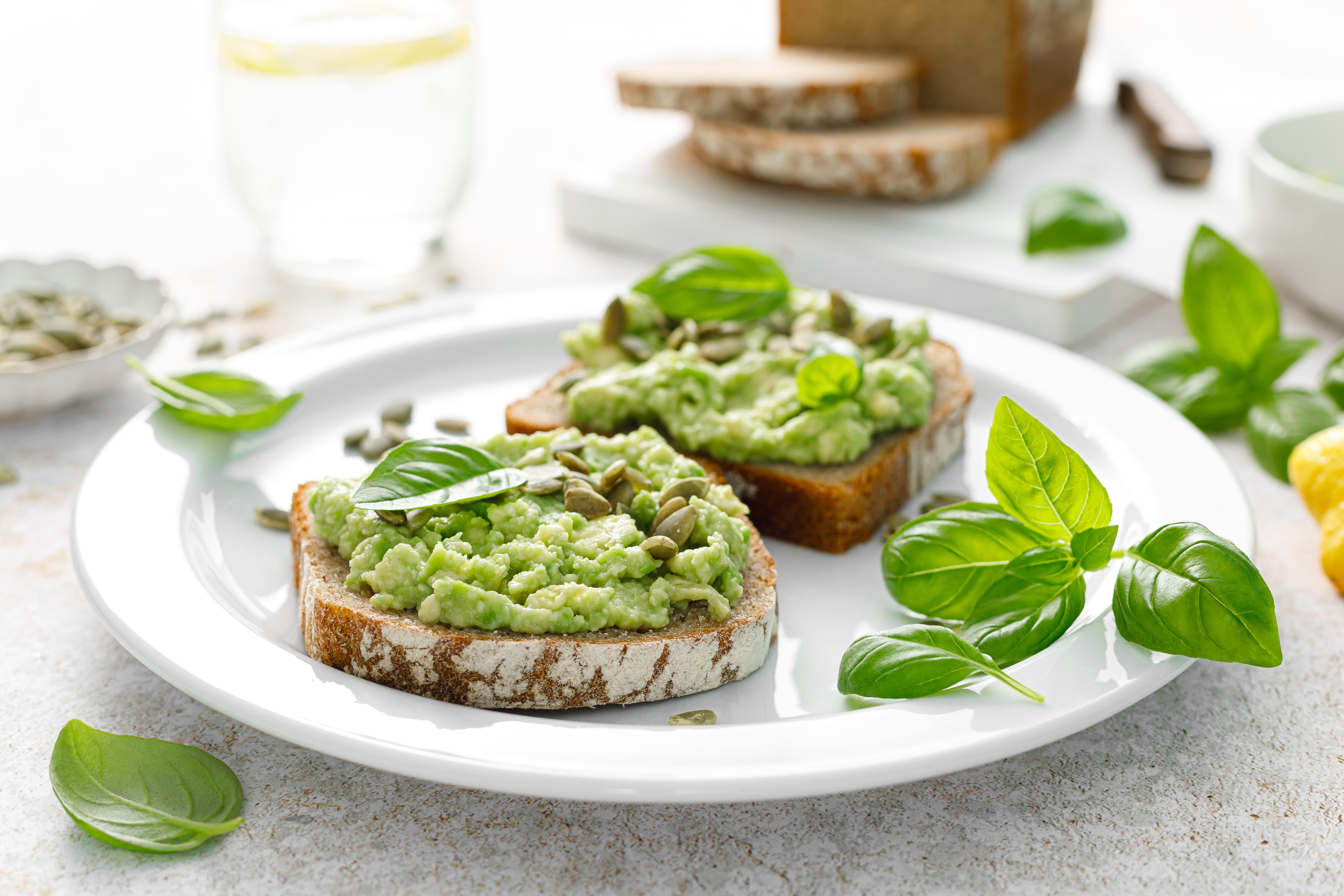
Avocados are a unique fruit known for their creamy texture and rich nutritional profile. They are high in monounsaturated fats, fiber, and a variety of vitamins and minerals, including vitamin E, potassium, and folate. Avocados have anti-inflammatory properties and have been shown to improve heart health by lowering cholesterol levels and reducing inflammation. They also support skin health and promote healthy aging. Avocados can be enjoyed in numerous ways, from spreading on toast and adding to salads to blending into smoothies and making guacamole. Their versatility makes them a delicious and healthful addition to any diet.
12. Sweet Potatoes: Vibrant and Nutrient-Rich
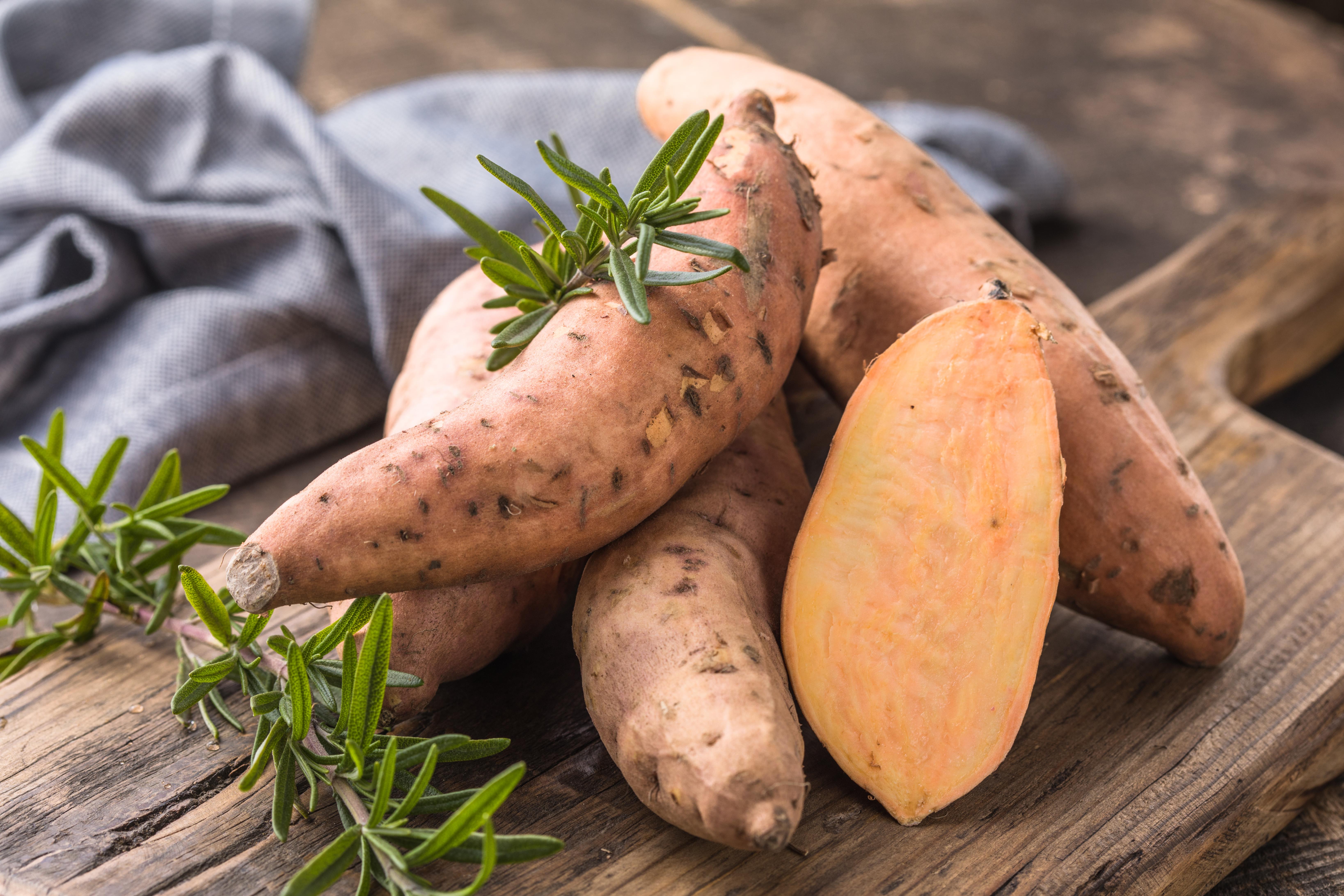
Sweet potatoes are a nutritious root vegetable that offers a range of health benefits. They are rich in beta-carotene, a powerful antioxidant that the body converts into vitamin A, supporting immune function and reducing inflammation. Sweet potatoes also contain fiber, vitamins C and B6, and potassium, which contribute to overall health. Their anti-inflammatory properties can help reduce the risk of chronic diseases and improve digestive health. Sweet potatoes can be roasted, mashed, or baked, and they make a delicious addition to both savory and sweet dishes. Enjoy them as a side dish, in soups, or as a base for healthy desserts.
13. Dark Chocolate: A Sweet Indulgence with Benefits

Dark chocolate, often considered a guilty pleasure, actually offers numerous health benefits when consumed in moderation. It is rich in flavonoids, particularly epicatechin, which have anti-inflammatory and antioxidant effects. Dark chocolate has been shown to improve heart health by lowering blood pressure and enhancing blood flow. It also supports brain health and can improve mood. To maximize the health benefits, choose dark chocolate with a high cocoa content (70% or higher) and consume it in small amounts. Enjoy it as a snack, in desserts, or melted over fruits for a decadent yet healthful treat.
14. Beets: Nature’s Vibrant Detoxifiers

Beets are a vibrant root vegetable known for their deep red color and health-promoting properties. They contain betalains, pigments that provide anti-inflammatory and antioxidant benefits. Beets support heart health by improving blood pressure and circulation, and they aid in detoxification by promoting liver function. Additionally, beets are rich in fiber, vitamins, and minerals, which contribute to overall wellness. Beets can be enjoyed roasted, boiled, or raw, and they make a colorful addition to salads, juices, and side dishes. Their natural sweetness and earthy flavor pair well with a variety of ingredients, making them a versatile and nutritious choice.
15. Pineapple: Nature’s Anti-Inflammatory Powerhouse

This tropical fruit is packed with bromelain, an enzyme known for its strong anti-inflammatory properties. Bromelain helps reduce swelling, ease digestion, and speed up muscle recovery after exercise. Pineapple is also rich in vitamin C and antioxidants, which boost the immune system and combat oxidative stress. To enjoy its benefits, eat fresh pineapple, blend it into smoothies, or add it to salads and stir-fries.
16. Mushrooms: Earthy, Immune-Boosting Superstars

Mushrooms, particularly varieties like shiitake, maitake, and reishi, contain powerful anti-inflammatory compounds such as ergothioneine and beta-glucans. These fungi support immune function, reduce inflammation, and even show promise in cancer prevention. Sauté mushrooms as a side dish, add them to soups and omelets, or brew them into tea for a concentrated health boost.
17. Pomegranates: Ruby-Red Inflammation Fighters
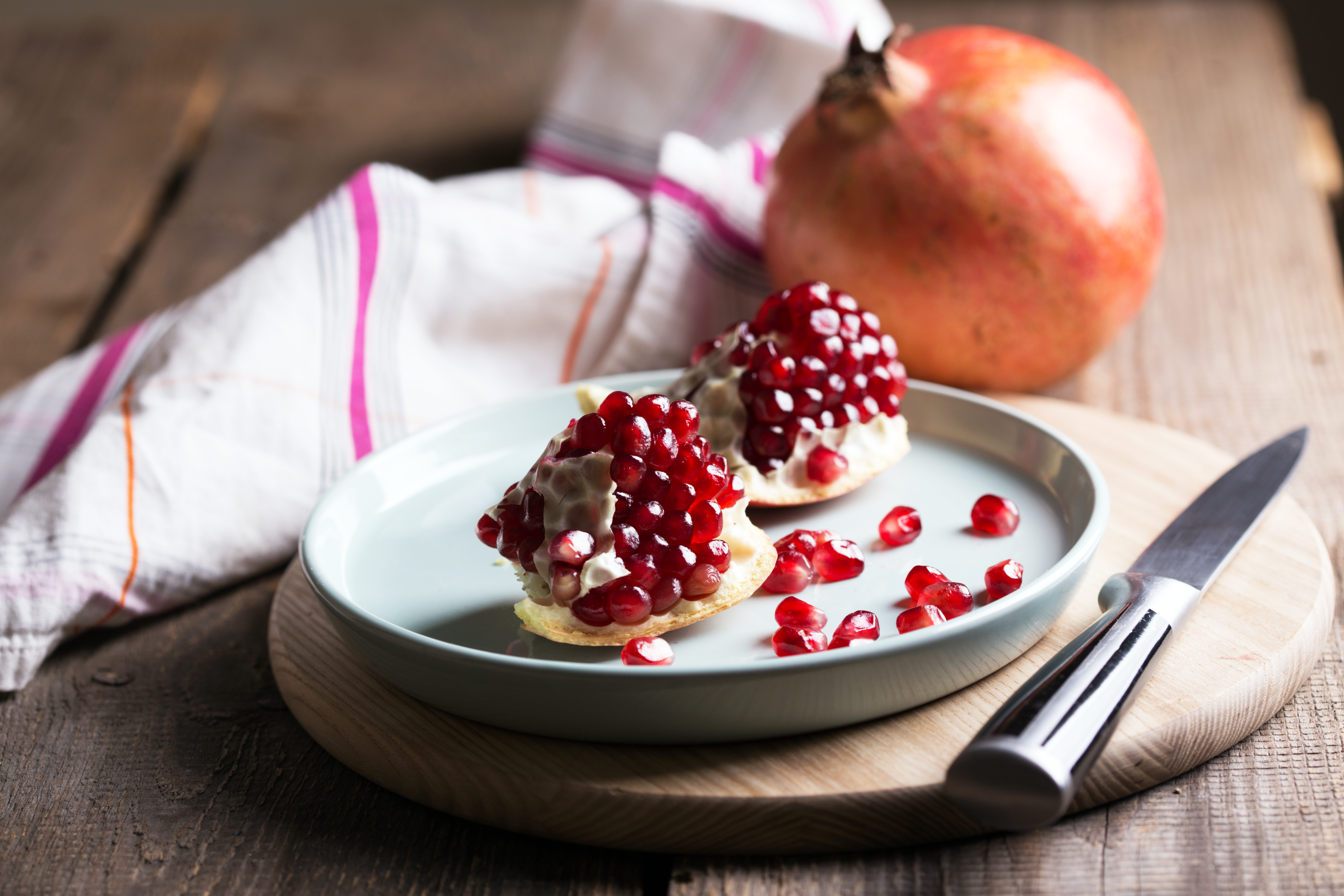
Pomegranates are loaded with polyphenols and punicalagins—compounds that have been shown to lower inflammation and reduce the risk of chronic diseases like heart disease and arthritis. Their high antioxidant content helps protect the body from oxidative damage. Eat fresh pomegranate seeds, drink 100% pomegranate juice, or use them as a garnish in salads and desserts.
18. Chili Peppers: Spicy and Soothing at the Same Time
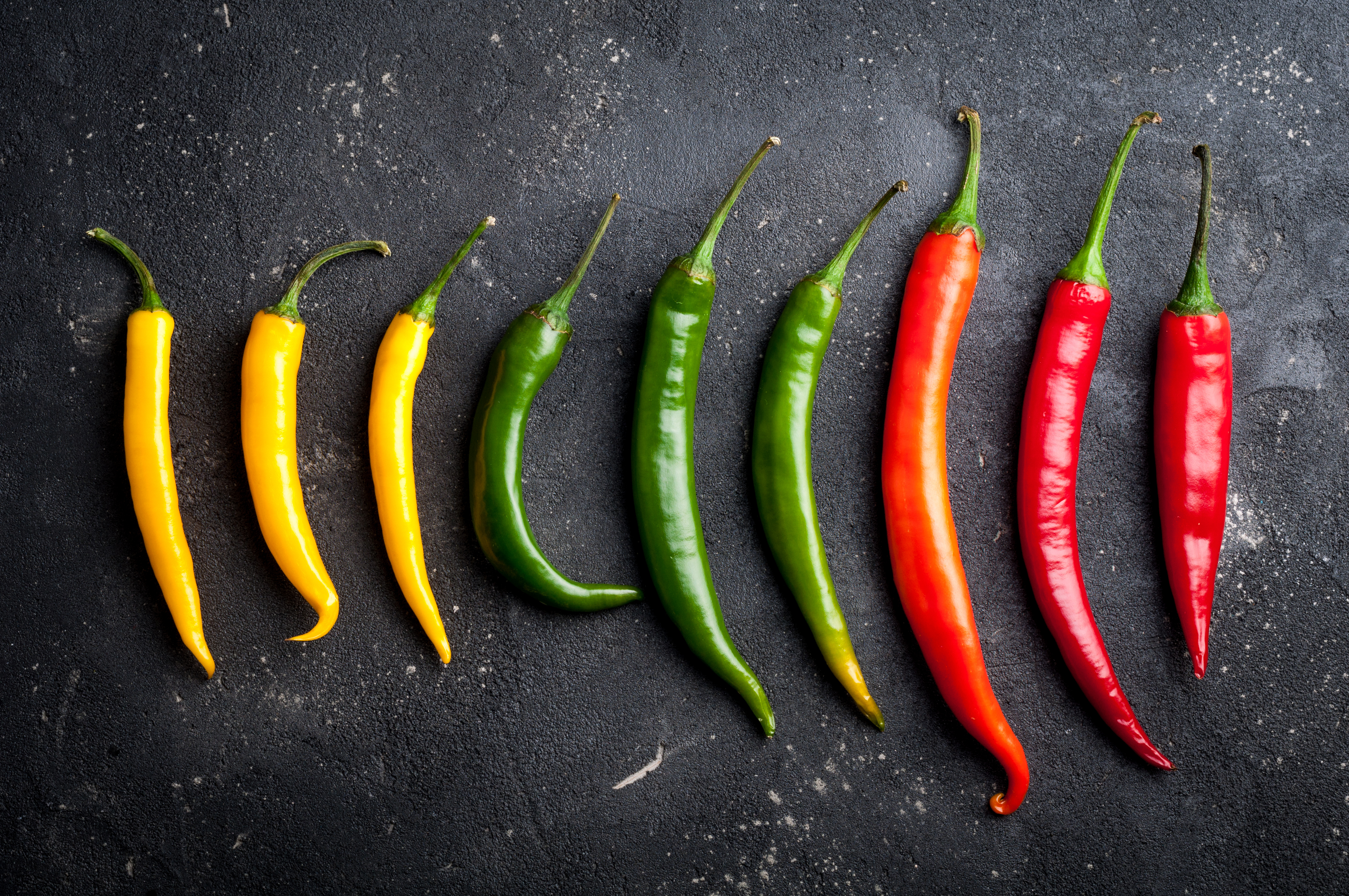
Capsaicin, the active compound in chili peppers, has potent anti-inflammatory and pain-relieving properties. It helps improve circulation, reduce arthritis symptoms, and boost metabolism. Whether you prefer jalapeños, cayenne, or habaneros, adding chili peppers to your meals can help fight inflammation while adding a flavorful kick. Use them in soups, stir-fries, or homemade hot sauces.
19. Seaweed: The Ocean’s Superfood
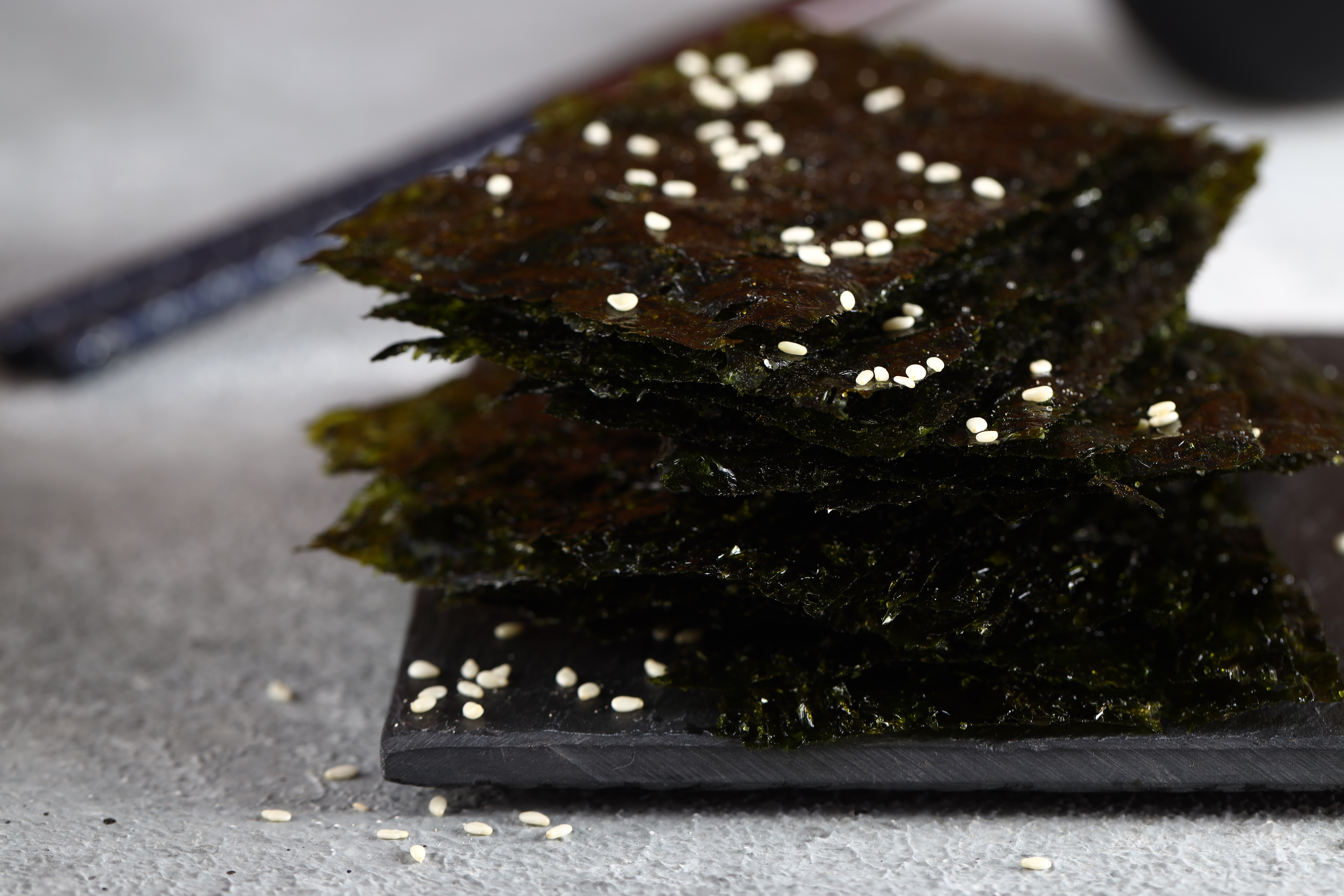
Rich in iodine, omega-3s, and antioxidants, seaweed is a nutritional powerhouse that combats inflammation while supporting thyroid health and gut function. Fucoidans, found in brown seaweed like wakame and kombu, have been shown to reduce inflammation and improve immune function. Enjoy seaweed in sushi, salads, miso soup, or as roasted seaweed snacks.
20. Cinnamon: A Warm Spice with Cool Benefits
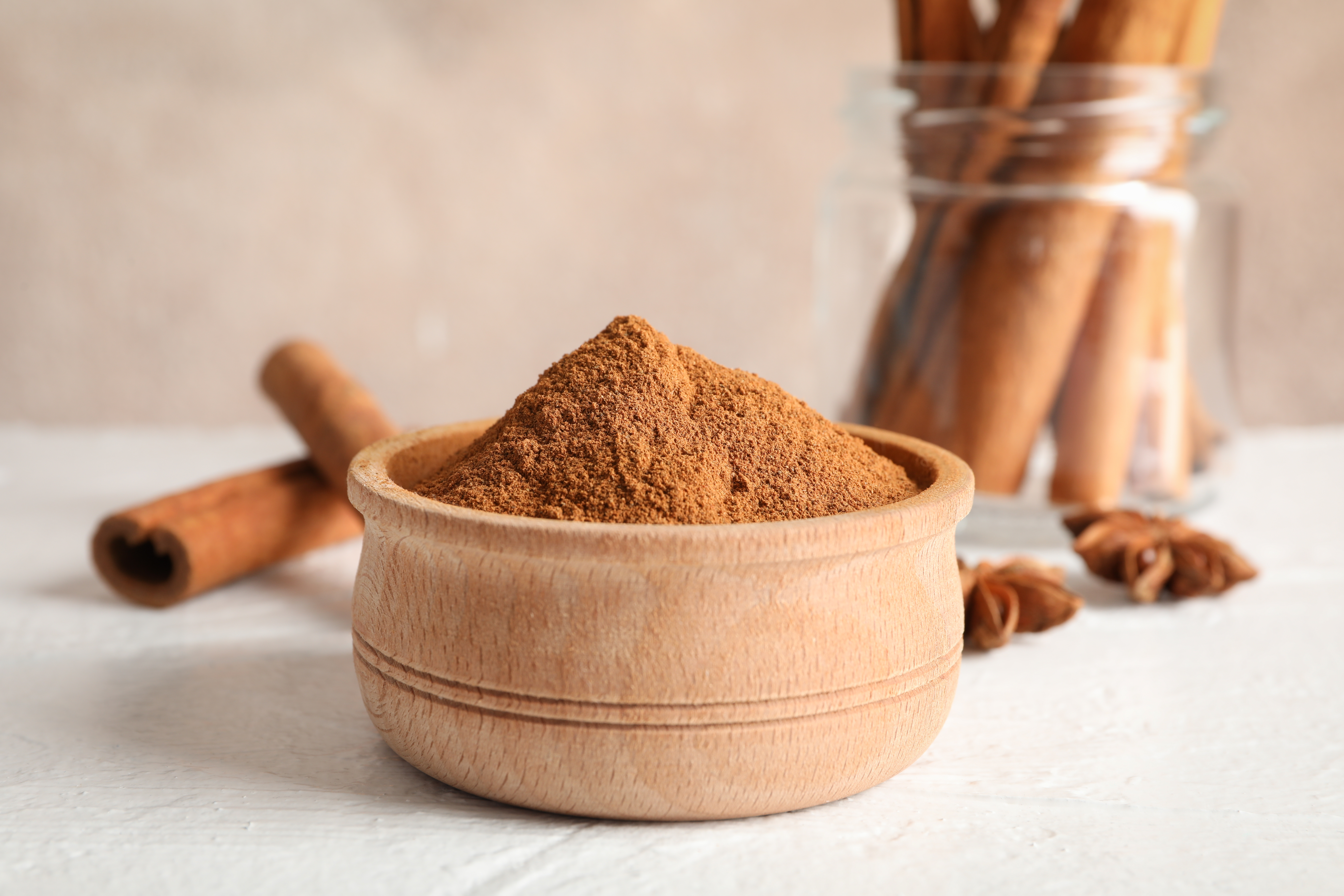
Cinnamon is not just a delicious spice—it contains cinnamaldehyde, an active compound that has been shown to lower inflammation and improve insulin sensitivity. It’s particularly beneficial for people with metabolic disorders like diabetes. Sprinkle cinnamon in oatmeal, tea, coffee, smoothies, or baked goods to enjoy its warming, anti-inflammatory effects.
21. Black Beans: Protein-Packed Inflammation Fighters
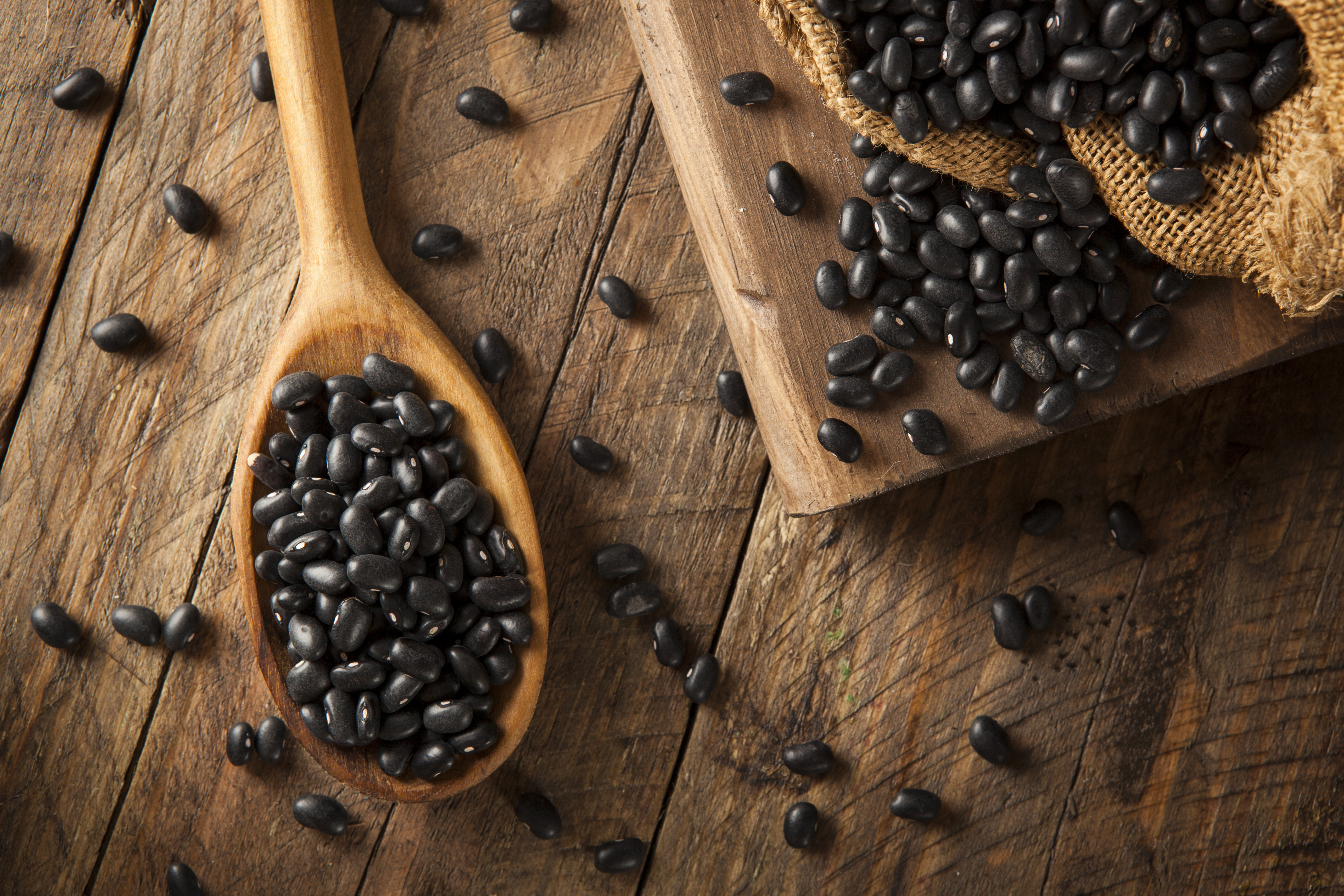
Legumes like black beans are rich in fiber, plant-based protein, and flavonoids, all of which help reduce inflammation. They support gut health, regulate blood sugar, and provide essential minerals like magnesium and iron. Incorporate black beans into soups, tacos, salads, or veggie burgers for a nutrient-dense addition to your meals.
22. Papaya: The Digestive Healer
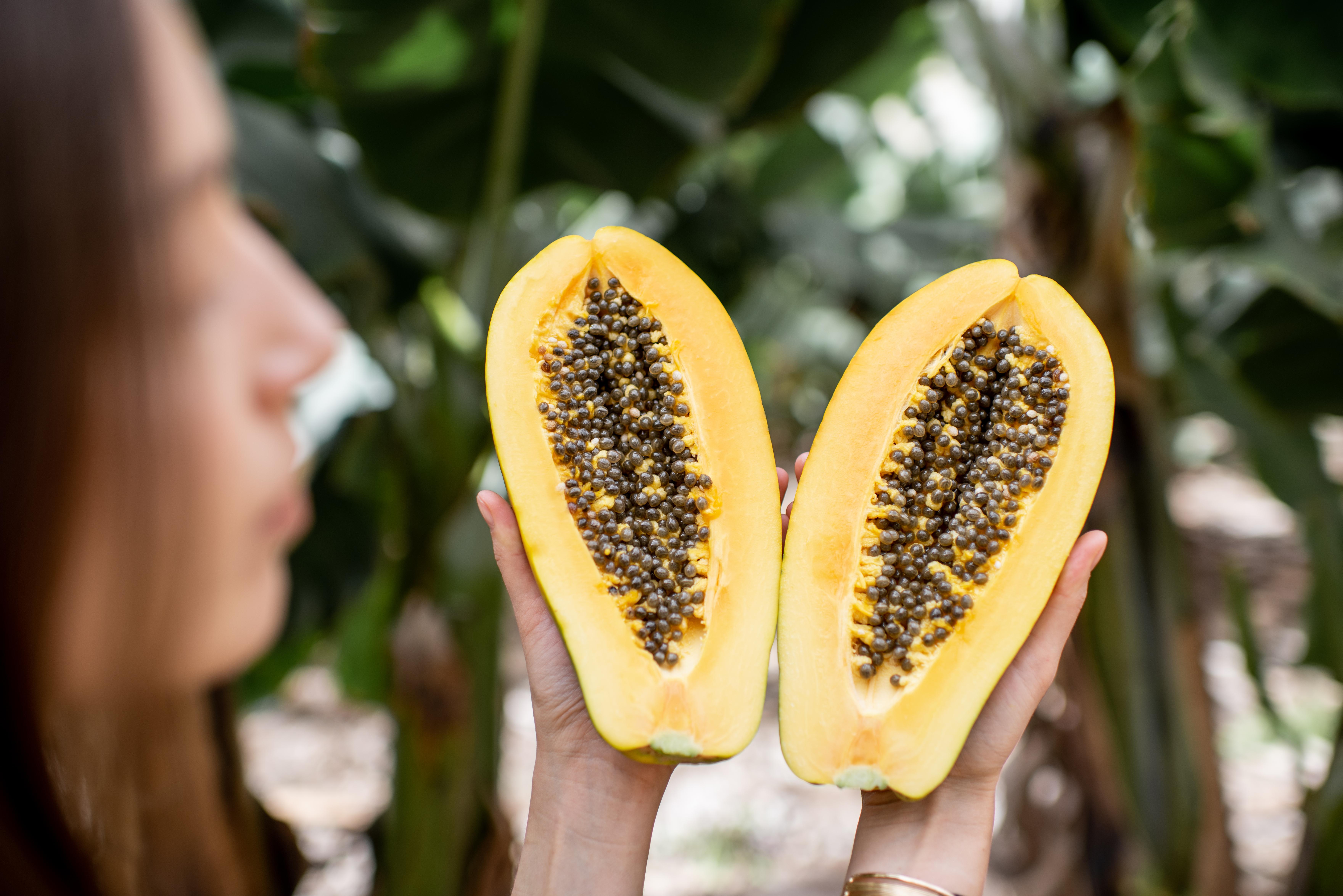
Papaya contains papain, an enzyme that aids digestion and reduces inflammation in the gut. It's also packed with vitamin C, beta-carotene, and flavonoids, which work together to reduce oxidative stress and support immune health. Eat papaya fresh, blend it into smoothies, or use it in tropical fruit salads for a delicious, anti-inflammatory treat.
23. Coconut Oil: A Healthy Fat for Inflammation Control
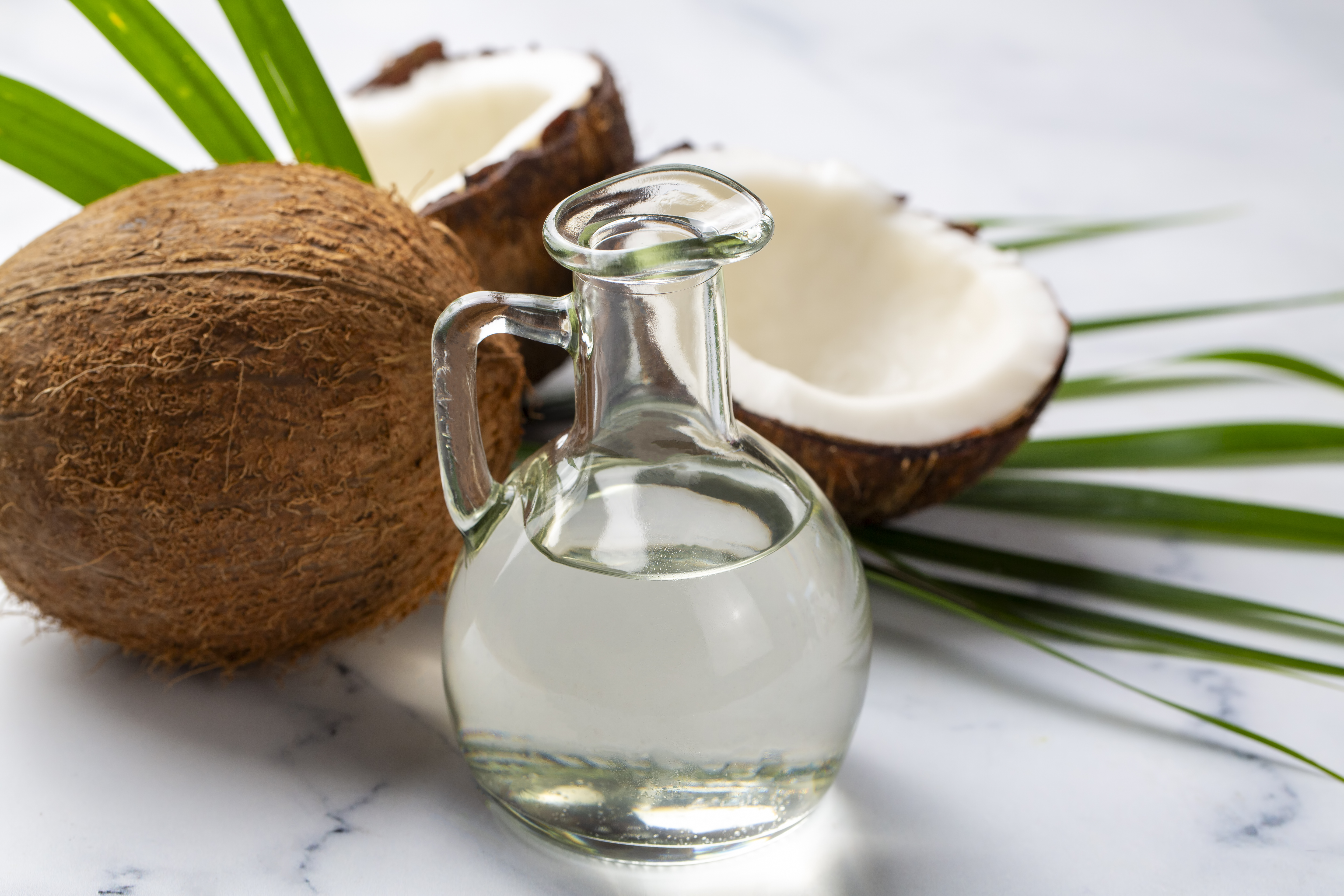
Unlike highly processed oils, coconut oil contains medium-chain triglycerides (MCTs) and lauric acid, which have been shown to lower inflammation and support brain function. Studies suggest that coconut oil may be beneficial for gut health, metabolic balance, and joint pain relief. Use it for cooking, add it to coffee, or blend it into smoothies.
24. Kimchi: Fermented for Gut and Immune Health
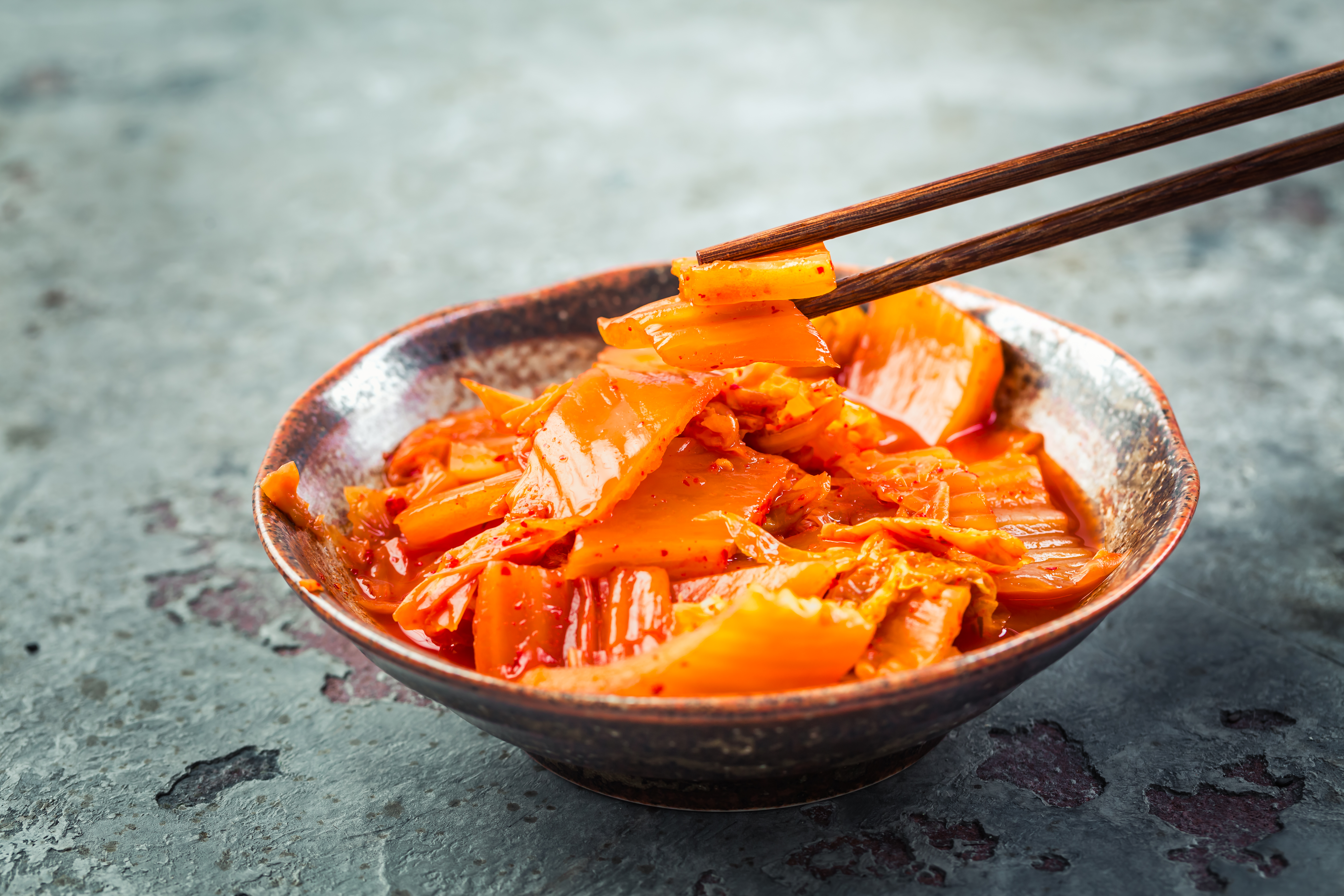
Kimchi, a traditional Korean fermented dish, is rich in probiotics, which support gut health and reduce systemic inflammation. It also contains compounds from garlic, ginger, and chili peppers that enhance its anti-inflammatory benefits. Enjoy kimchi as a side dish, add it to stir-fries, or use it in grain bowls for a probiotic-rich flavor boost.
25. Celery: The Crunchy Anti-Inflammatory Powerhouse
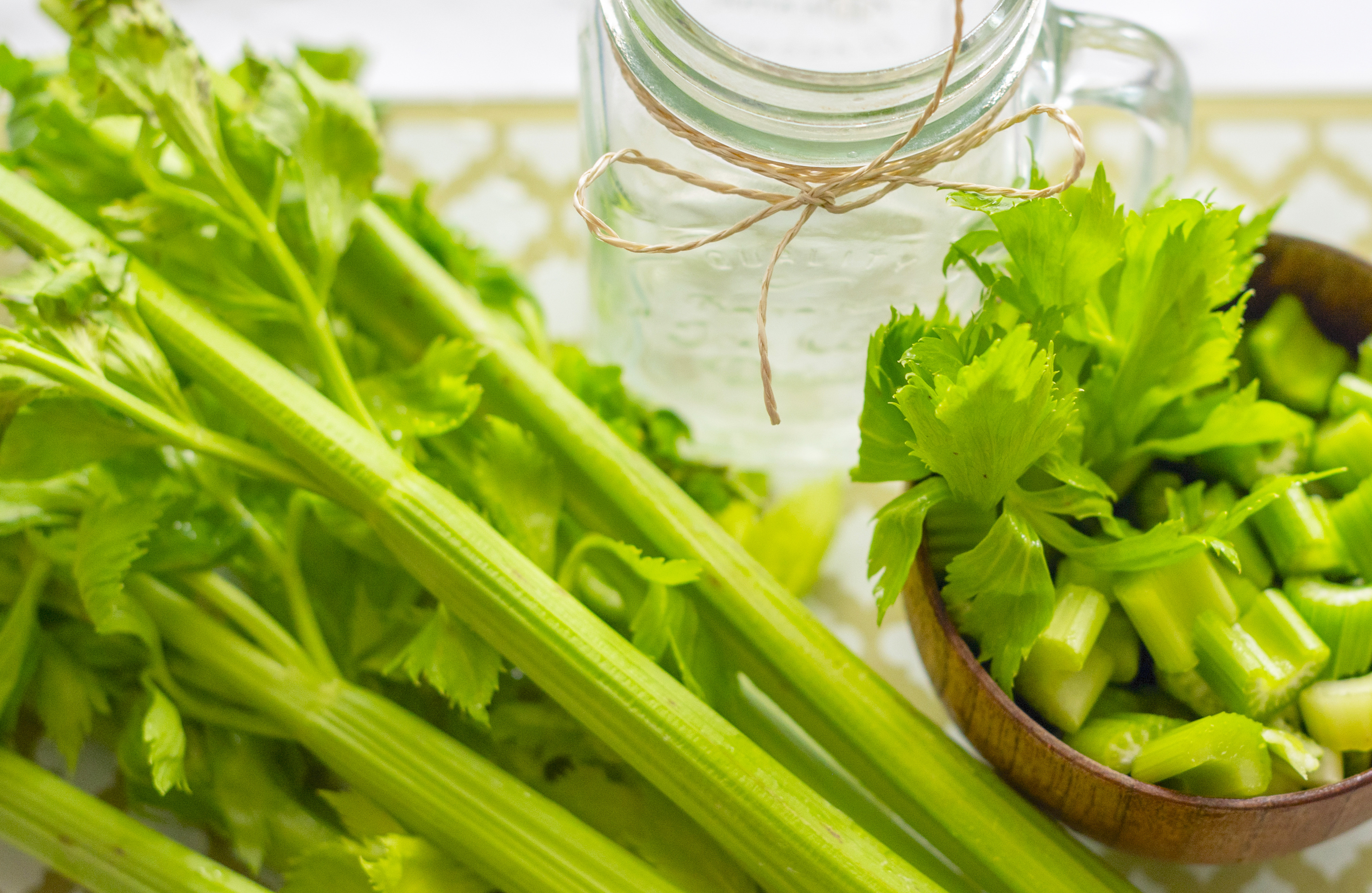
Often overlooked, celery is more than just a low-calorie snack—it’s packed with anti-inflammatory compounds like apigenin and luteolin. These antioxidants have been shown to calm the body’s inflammatory response and reduce oxidative stress, particularly in the brain and gut. Celery also contains polysaccharides that help modulate the immune system and support digestion. Thanks to its high water and fiber content, it also aids in hydration and detoxification. Snack on celery sticks with hummus, chop it into soups and stews, or juice it for a refreshing, inflammation-fighting drink. It's simple, crunchy, and surprisingly therapeutic.
26. Fermented Miso: Umami Meets Immune Support
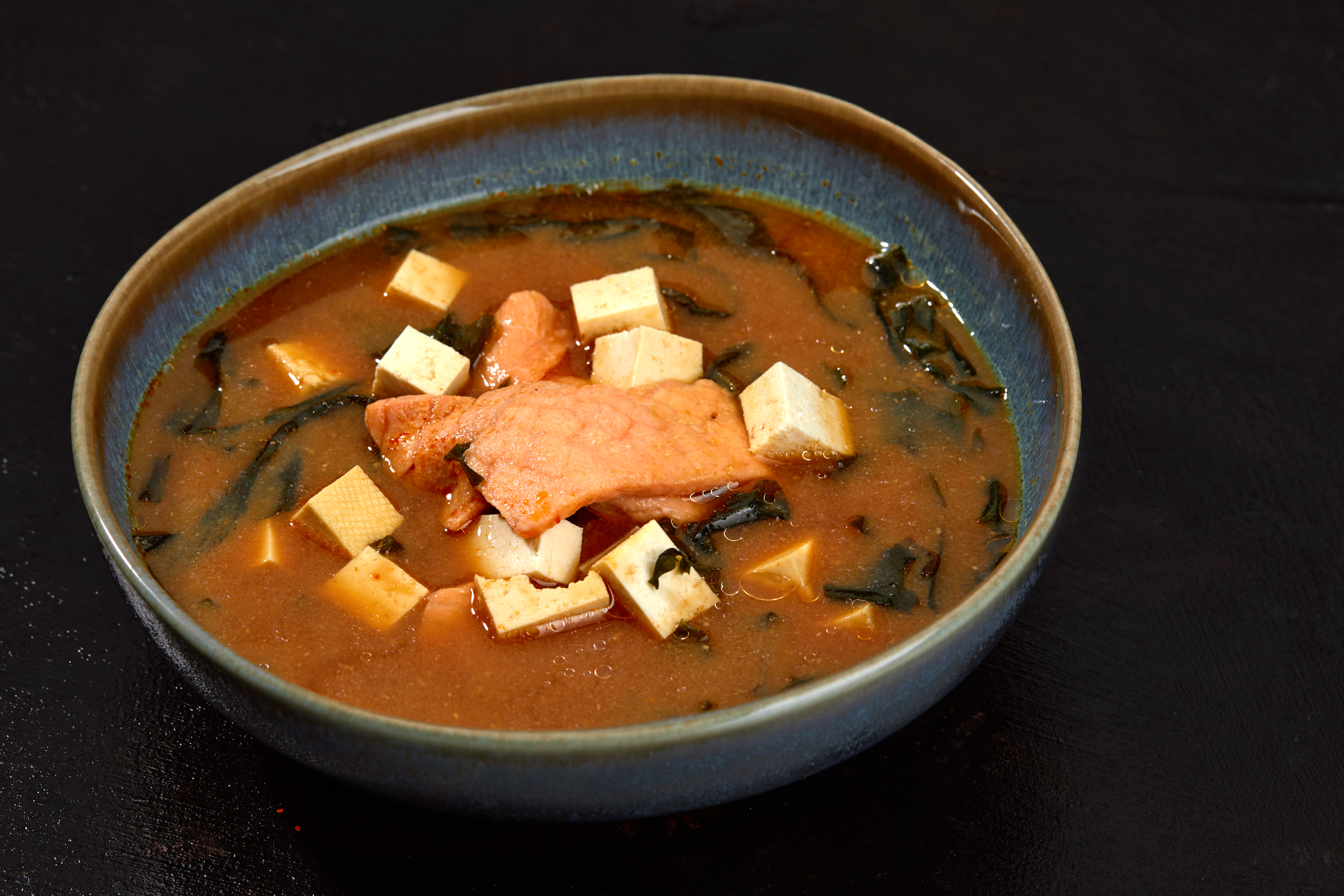
Miso, a traditional Japanese paste made from fermented soybeans, is a rich source of probiotics and bioactive compounds that support gut health and regulate inflammation. It’s particularly effective in calming gut-driven inflammation thanks to its fermentation process, which boosts beneficial bacteria. Miso also contains antioxidants like zinc and manganese that help neutralize free radicals. Stir a spoonful into warm (not boiling) water for a soothing miso soup, or add it to marinades, salad dressings, and even glazes for a savory, gut-friendly twist. Just be mindful of sodium—balance is key.
27. Red Grapes: Little Orbs of Resveratrol

Red grapes aren’t just delicious—they're loaded with resveratrol, a powerful antioxidant that’s been linked to reduced inflammation and improved cardiovascular health. Resveratrol helps inhibit inflammatory enzymes and protects against cellular damage from free radicals. Grapes also contain anthocyanins, which further enhance their anti-inflammatory impact. Snack on them fresh, freeze them for a crunchy treat, or toss them into salads for a burst of sweetness and health benefits. Bonus: grape skins are where the magic happens, so always go for the whole fruit over juice.
28. Artichokes: A Detoxifying Inflammation Fighter
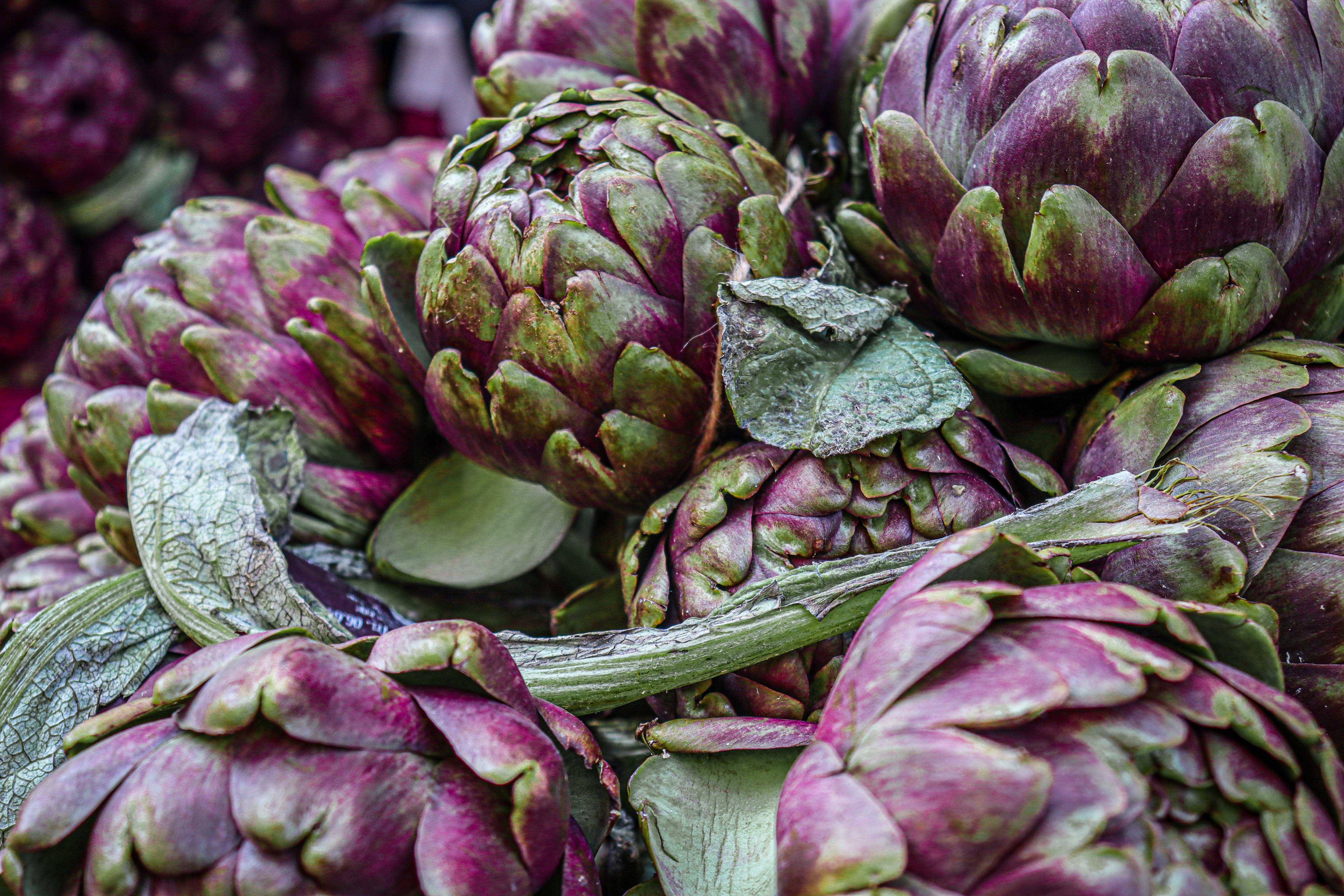
Artichokes are one of the most antioxidant-rich vegetables you can eat, thanks to compounds like cynarin and silymarin, which support liver detoxification and reduce inflammation. They’re also packed with fiber, vitamin C, and magnesium, making them a triple threat for heart, gut, and cellular health. Artichokes have been shown to help reduce C-reactive protein (CRP), a key marker of systemic inflammation. Steam fresh artichokes and enjoy with a drizzle of olive oil and lemon, or use marinated versions in salads and pasta. They’re as healing as they are satisfying.
29. Bok Choy: The Quiet Anti-Inflammatory Hero
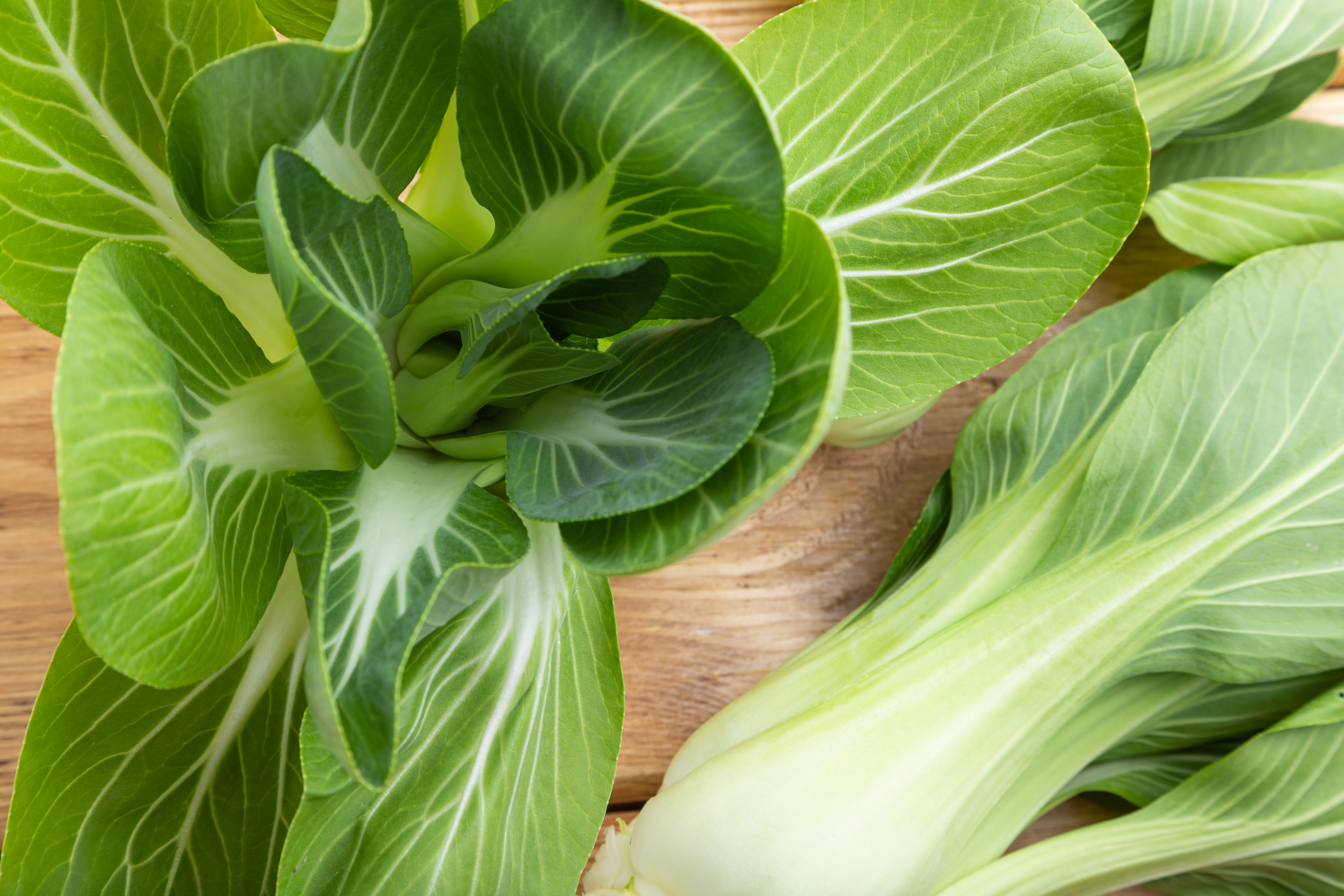
Bok choy, a member of the cruciferous vegetable family, is a tender, nutrient-dense green loaded with anti-inflammatory phytonutrients. Rich in vitamins A, C, and K, as well as folate and calcium, bok choy supports immune health and cellular repair. Its sulfur-containing compounds, like glucosinolates, also help detoxify the body and calm inflammation. Unlike kale or broccoli, it’s gentle on the digestive system and cooks quickly—perfect for stir-fries, soups, or steaming with garlic and ginger. It’s an underrated but powerful tool in your anti-inflammatory arsenal.
30. Cherries: A Sweet and Sour Anti-Inflammatory
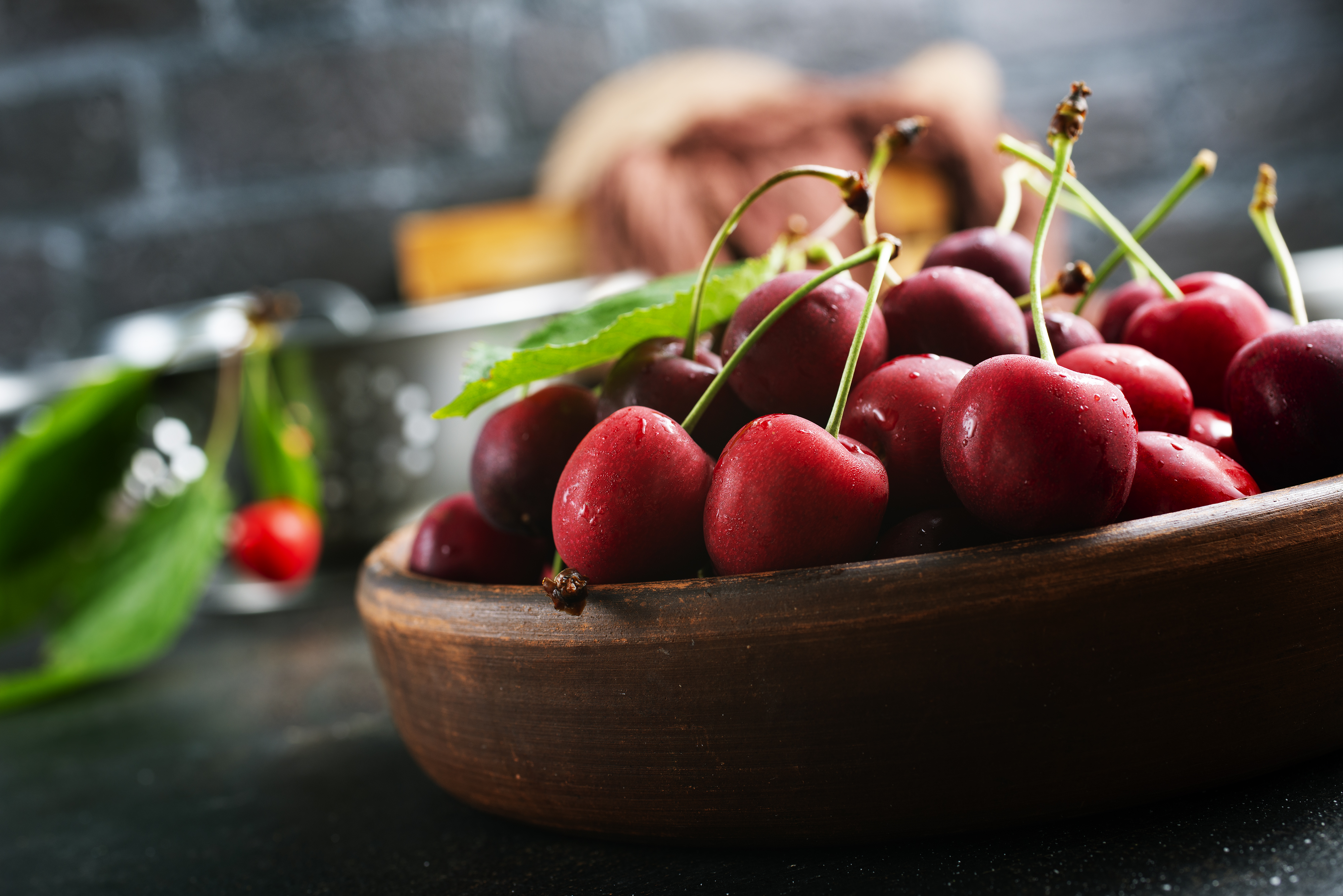
Cherries, particularly tart varieties, are a delicious addition to an anti-inflammatory diet. They contain anthocyanins, powerful antioxidants that give cherries their rich red color and have been shown to reduce inflammation and oxidative stress. Studies suggest that cherry consumption, in juice or whole form, can help reduce muscle soreness and inflammation after exercise. They also contain melatonin, which can help regulate sleep patterns. Whether fresh, frozen, or in juice form, cherries offer a natural and effective way to combat chronic inflammation and support recovery.
31. Soy Products: The Isoflavone Advantage
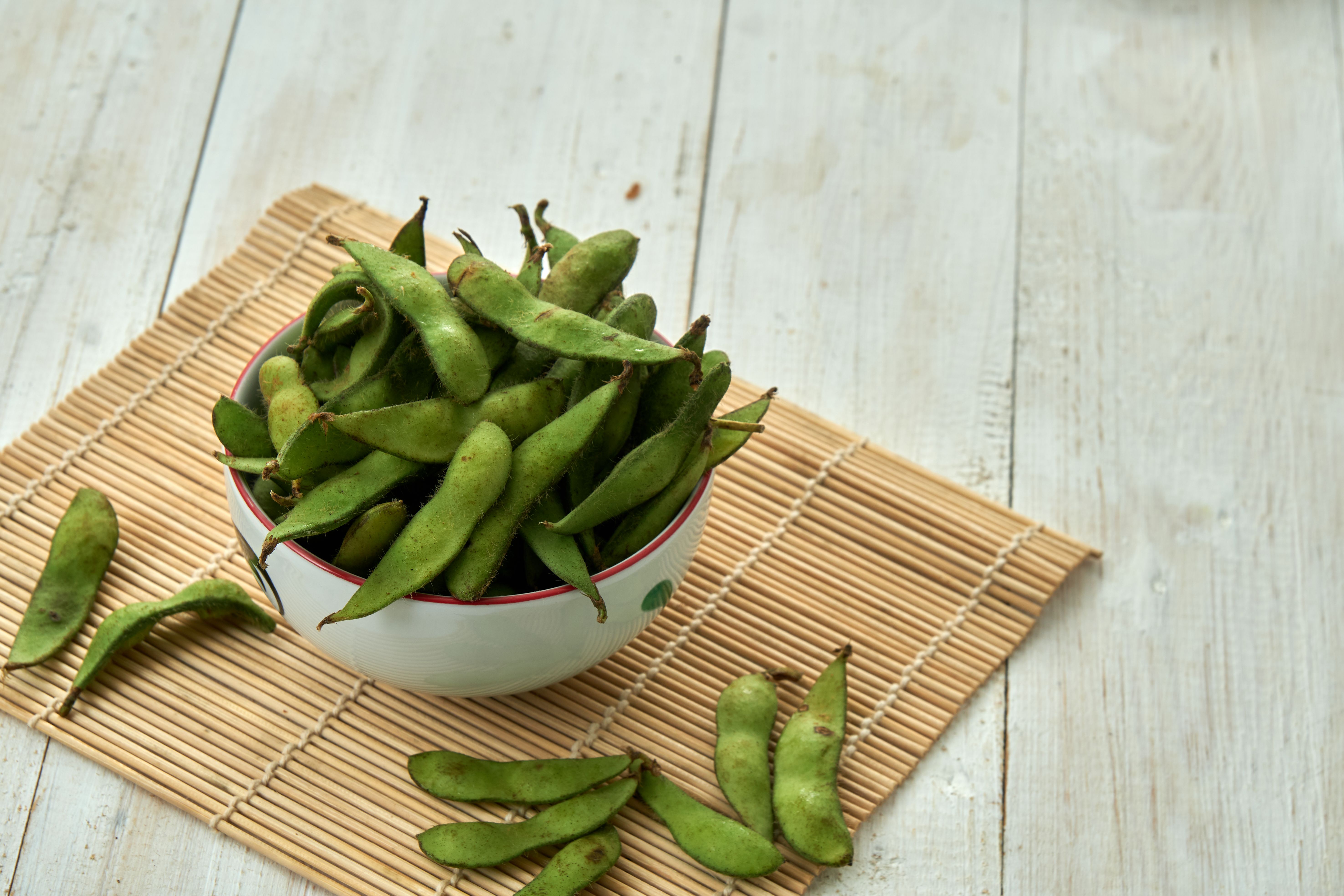
Soy products, such as tofu, tempeh, and edamame, are a surprising ally in the fight against inflammation. They contain isoflavones, plant compounds with anti-inflammatory and antioxidant properties. Isoflavones have been shown to reduce inflammation markers, particularly in post-menopausal women. Soy is a great source of plant-based protein and fiber, both of which support gut health—a key factor in managing inflammation. By incorporating soy products into your diet, you can enjoy their versatility while reaping the benefits of improved heart health and reduced inflammation.
32. Rosemary: The Cognitive and Cellular Protector
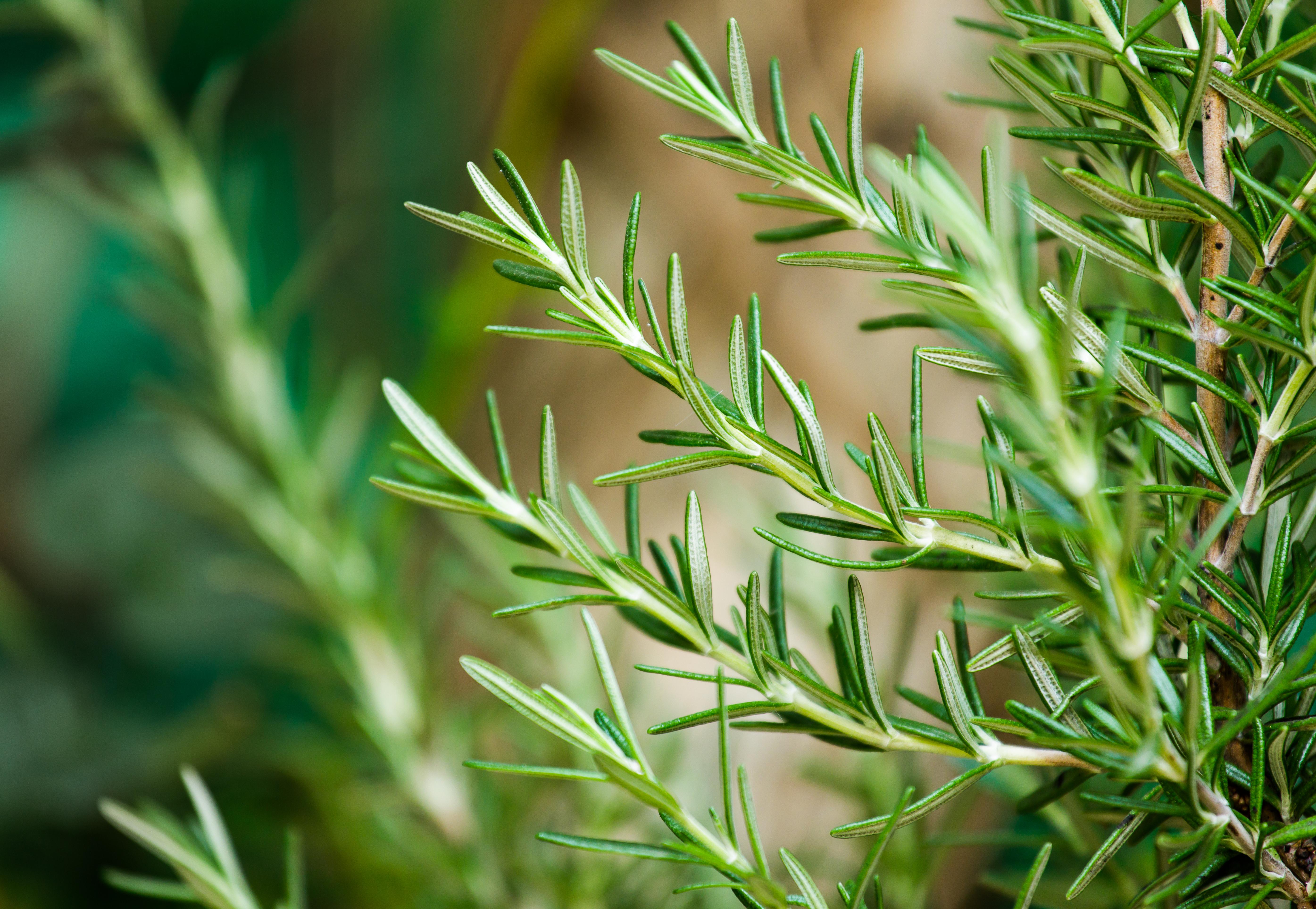
Rosemary, an aromatic herb common in Mediterranean cooking, is much more than a seasoning. It contains powerful compounds like rosmarinic acid and carnosic acid, which are potent antioxidants and anti-inflammatories. Research shows these compounds can protect the brain from oxidative stress and inflammation, potentially slowing cognitive decline and supporting memory. Rosemary also works at a cellular level, helping to defend against damage that leads to chronic disease. Adding fresh or dried rosemary to roasted vegetables, sauces, or even brewing it as a tea infuses your meals with not just a delicious piney flavor but a serious dose of cellular protection.
33. Lentils: The Resistant Starch Rescuer
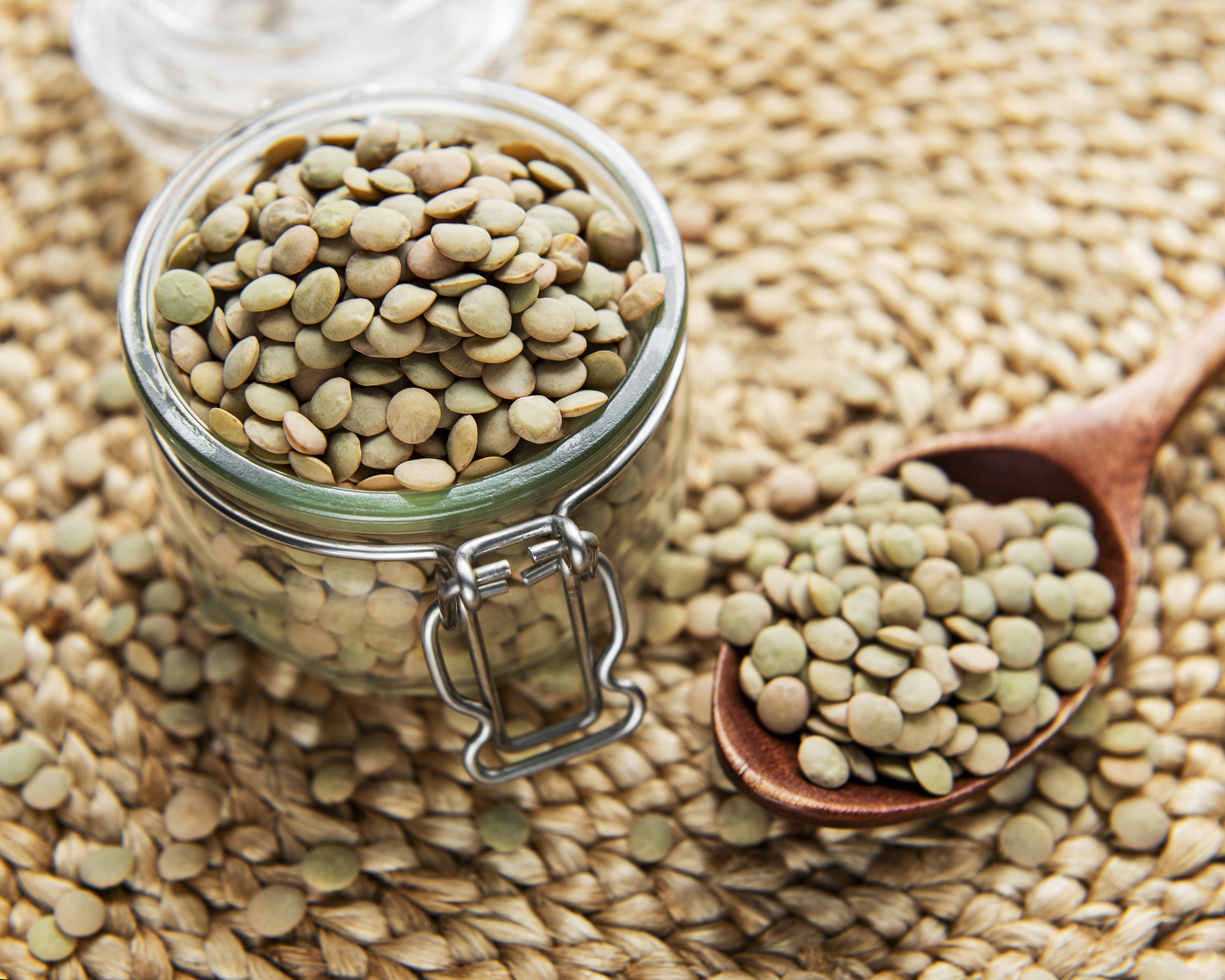
Lentils, a versatile and affordable legume, are a cornerstone of many anti-inflammatory diets. They are rich in resistant starch, a type of fiber that travels undigested to your large intestine, where it feeds your beneficial gut bacteria. A healthy gut microbiome is crucial for regulating systemic inflammation. When your gut bacteria ferment resistant starch, they produce short-chain fatty acids like butyrate, which directly reduces inflammation and strengthens the gut barrier. Incorporating lentils into soups, salads, or stews is a simple and delicious way to nourish your gut from the inside out and reduce the inflammatory burden on your entire body.
34. Blackberries: The Vitamin K Champion
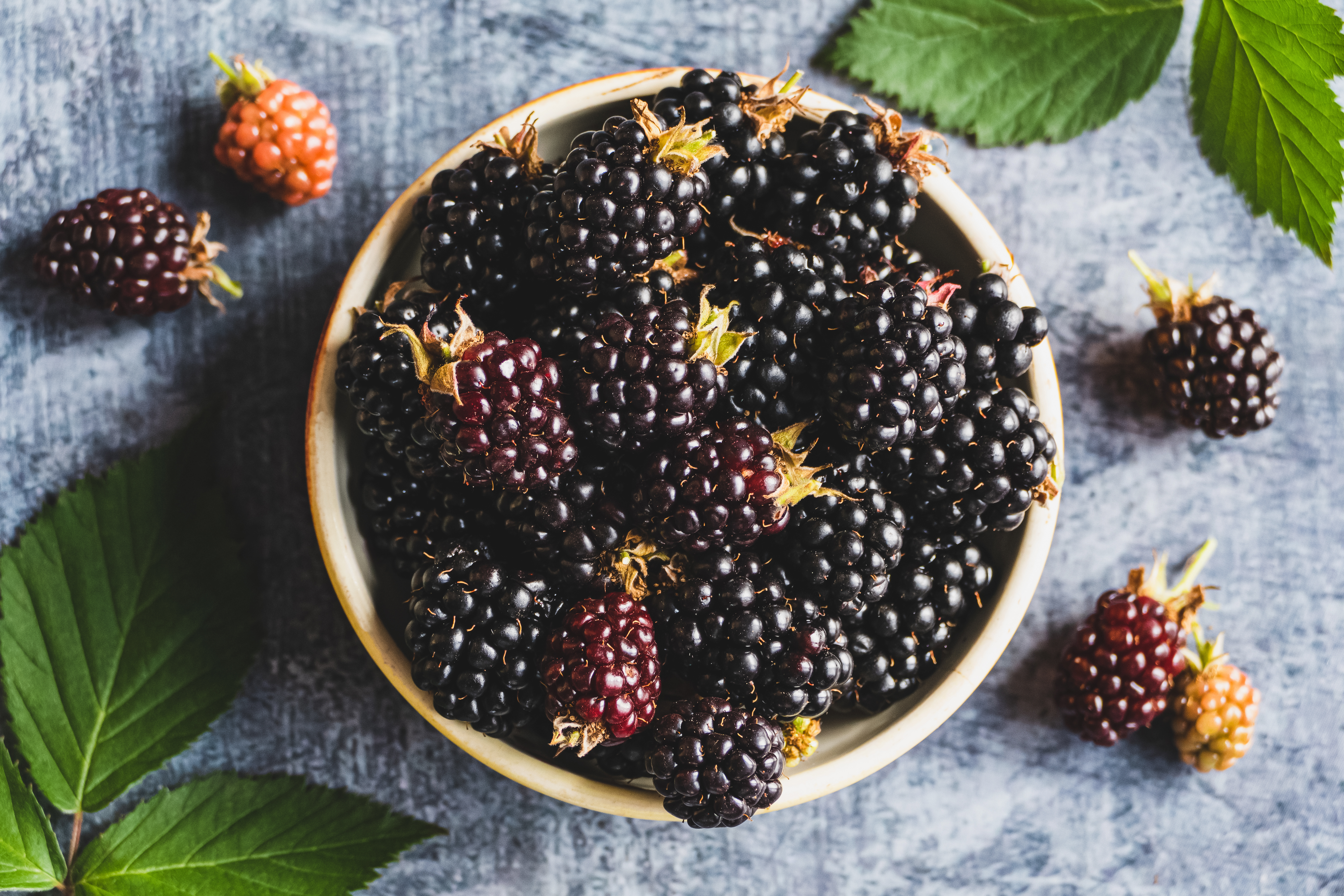
Blackberries have exceptional Vitamin K content. This often-overlooked nutrient plays a vital role in regulating the body's inflammatory response and is essential for blood clotting and bone health. Blackberries are also packed with anthocyanins and other antioxidants that work to neutralize free radicals and calm inflammation. By choosing blackberries, you get a double dose of anti-inflammatory power: the antioxidant benefits of all berries plus the unique, foundational support of Vitamin K. They make a great addition to smoothies, oatmeal, or eaten fresh as a healthy, inflammation-fighting snack.
35. Onions: The Quercetin-Rich Bulb
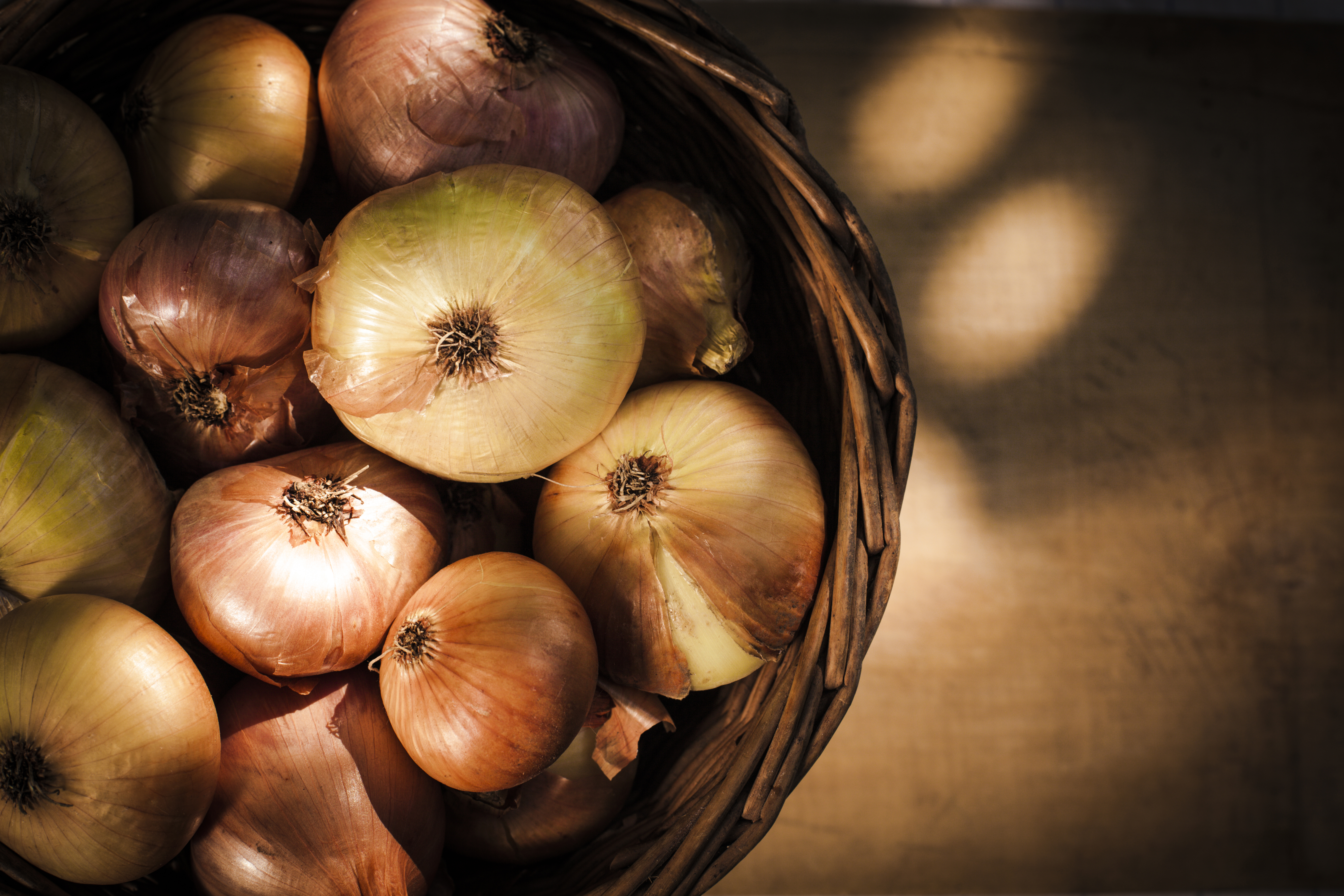
Onions, a kitchen staple, are a potent anti-inflammatory food thanks to their high concentration of quercetin, a powerful flavonoid antioxidant. Quercetin has been shown to inhibit the release of inflammatory compounds in the body, helping to reduce swelling and pain. Onions also contain sulfur compounds that support detoxification pathways in the liver, which is crucial for clearing inflammatory byproducts from the body. Whether they are red, yellow, or white, adding onions to your cooking—from sautés to salads—is a simple, flavorful way to provide your body with a potent dose of inflammation-fighting compounds that work from the ground up.
36. Saffron: The Sunshine Spice
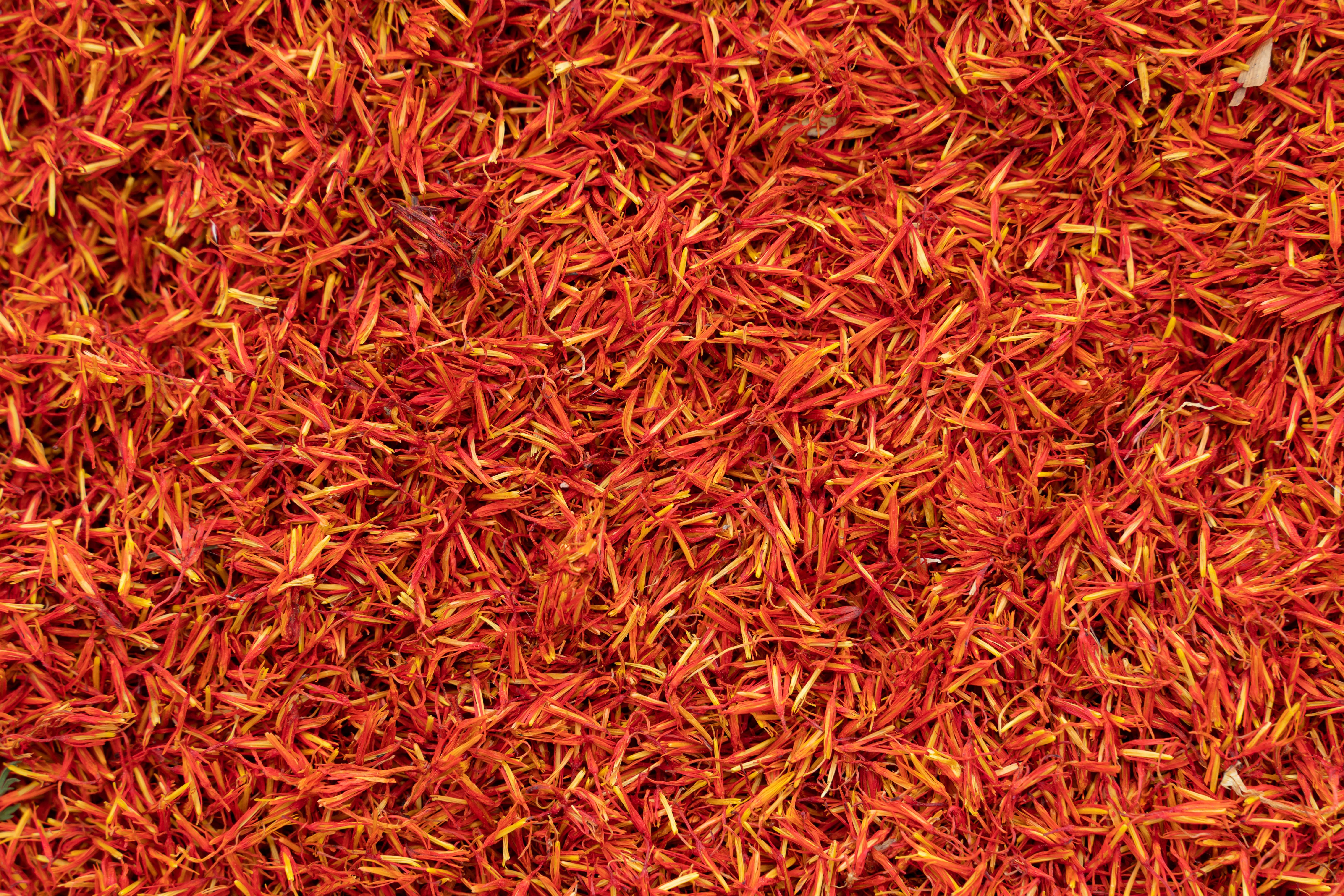
This luxurious, crimson spice is more than just a culinary delight—it's a potent anti-inflammatory agent. Saffron contains crocin and crocetin, powerful antioxidants that have been shown to reduce inflammation and oxidative stress. Studies suggest it can help improve mood, cognitive function, and even alleviate symptoms of PMS. Saffron's unique compounds work to protect brain cells and soothe the nervous system. Add a few strands to a warm cup of milk or brew it into a tea to enjoy its calming properties. Its delicate flavor and vibrant color make it a fantastic addition to rice dishes and stews.
37. Ghee: The Clarified Superfat
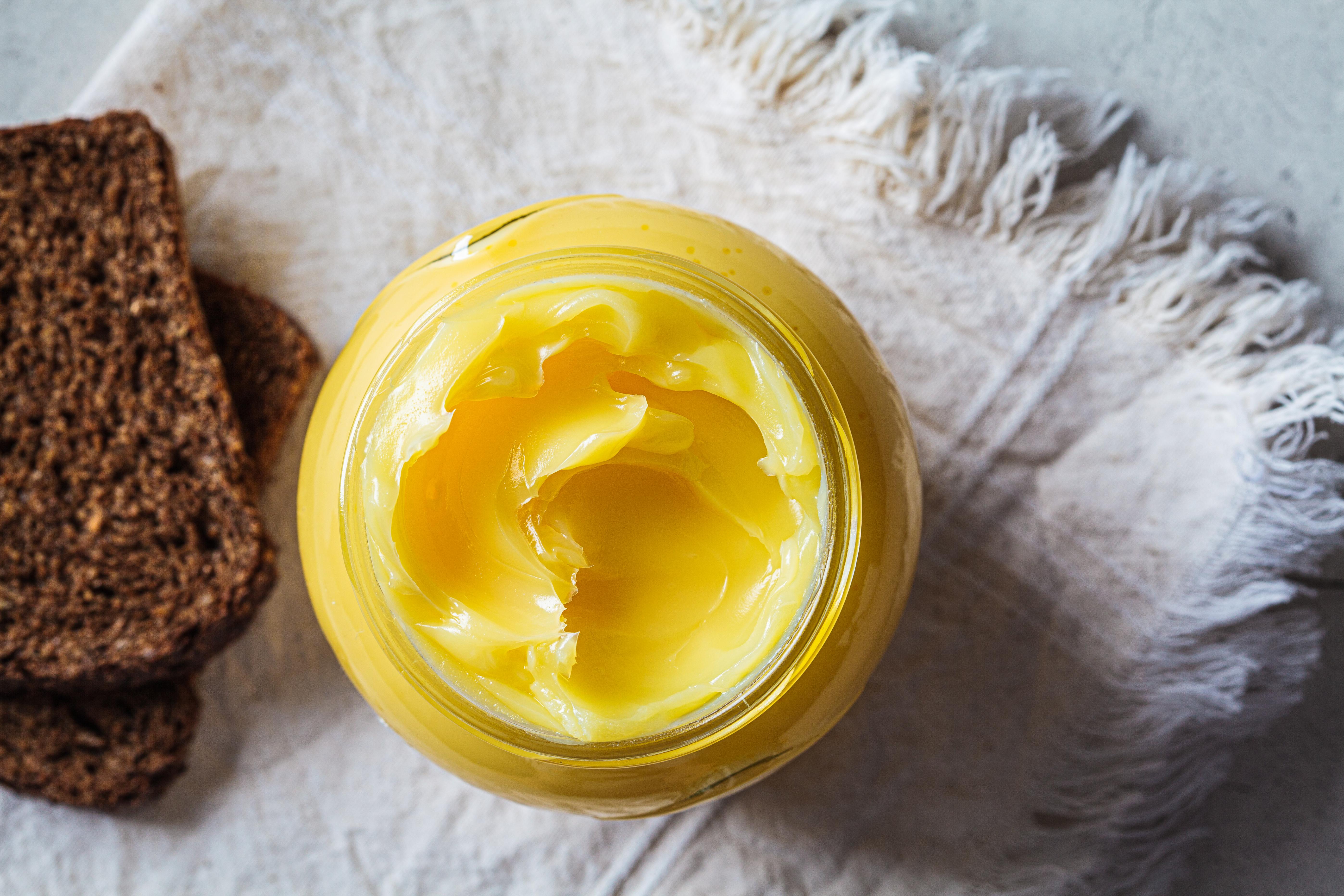
Ghee, or clarified butter, is a staple in Ayurvedic medicine and for good reason. Unlike regular butter, the milk solids have been removed, making it easier to digest for those with sensitivities. Ghee is rich in butyrate, a short-chain fatty acid that directly nourishes the cells of your colon and helps to repair the gut lining. A healthy gut is a cornerstone of a healthy immune system and low inflammation. Ghee's high smoke point also makes it a stable, healthy fat for cooking. You can use it as a replacement for butter or other cooking oils in a variety of dishes.
38. Oysters: The Zinc-Rich Ocean Gem

Oysters are an often-overlooked superfood, packed with a powerhouse of anti-inflammatory nutrients, especially zinc. Zinc is crucial for immune system function and helps regulate the body’s inflammatory response. Oysters are also rich in omega-3 fatty acids and vitamin B12, which further support cellular health and nerve function. Regularly consuming oysters can help balance your inflammatory markers and provide a natural, mineral-rich boost. Enjoy them raw with a squeeze of lemon or lightly steamed. Just one serving can provide a significant portion of your daily zinc needs.
39. Dulse: A Mineral-Rich Sea Vegetable
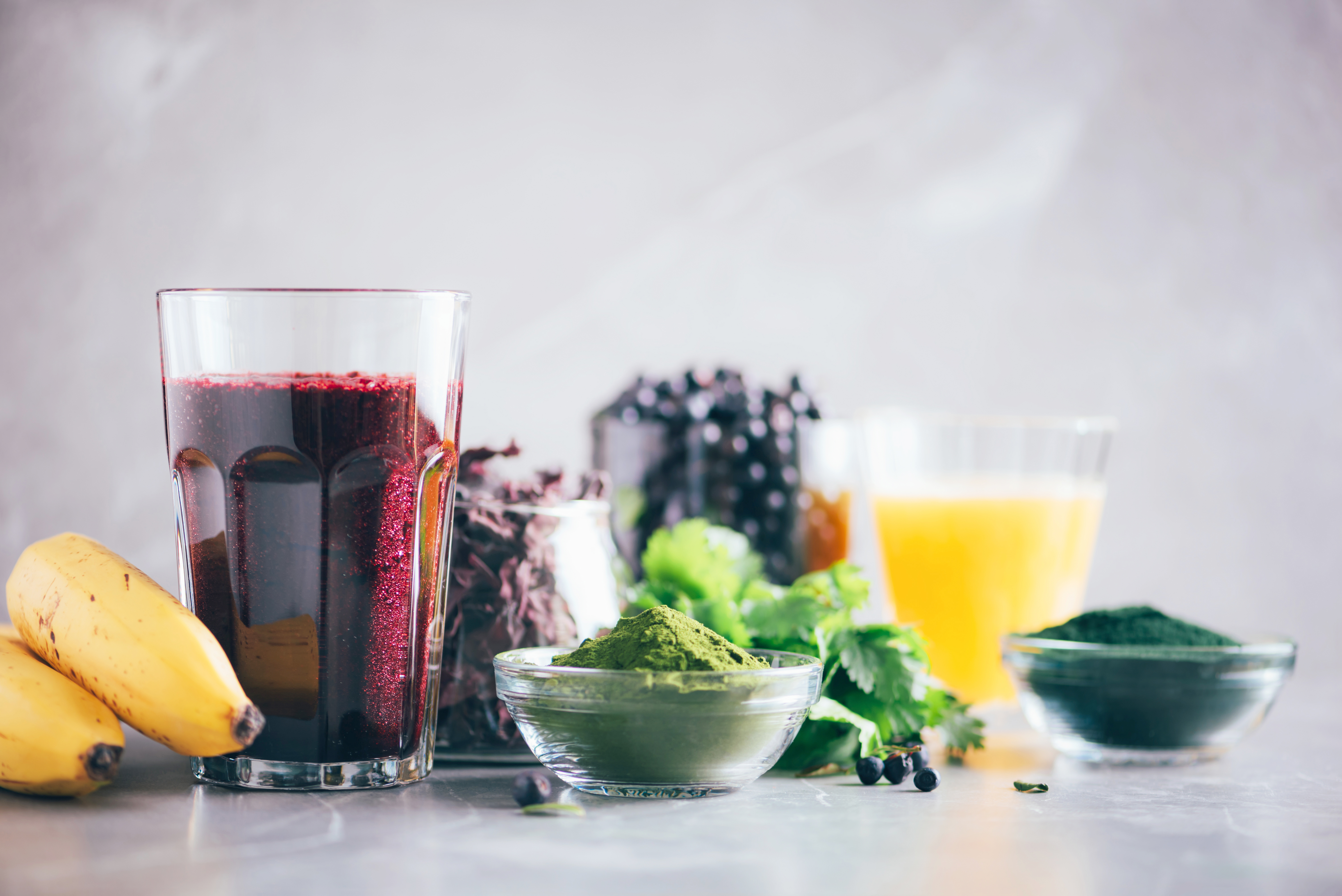
Dulse is a type of red seaweed that is an incredible source of minerals and anti-inflammatory compounds. It’s naturally rich in iodine, which is essential for thyroid health, and contains unique polysaccharides that have been shown to reduce inflammation and boost immune function. Dulse also contains iron, potassium, and magnesium, making it a well-rounded nutritional ally. Unlike some other seaweeds, it has a smoky, salty flavor that can be easily added to meals. You can find it as flakes to sprinkle on salads, in soups, or blended into smoothies for a nutrient-dense kick.
40. Cacao: The Raw Chocolate Healer
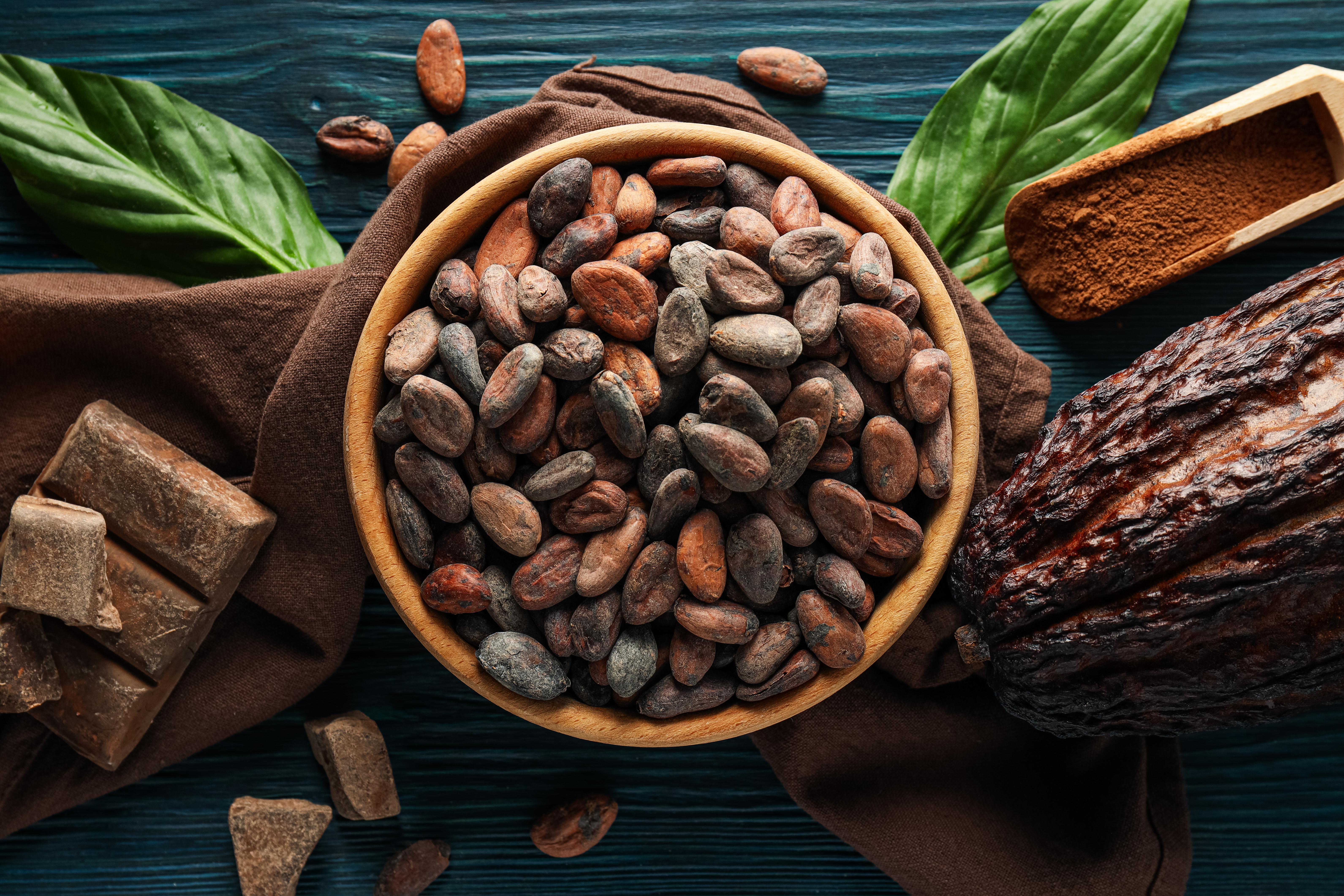
Cacao nibs and powder are minimally processed, retaining their high concentration of flavonoids and antioxidants, particularly epicatechin. These compounds are far more potent in their raw state and work to protect against cellular damage, improve blood flow, and reduce systemic inflammation. Cacao also contains magnesium, which helps relax muscles and soothe the nervous system. You can add cacao powder to smoothies, oatmeal, or energy balls for a rich, slightly bitter flavor and a powerful anti-inflammatory boost.
41. Fennel: The Digestive Soother
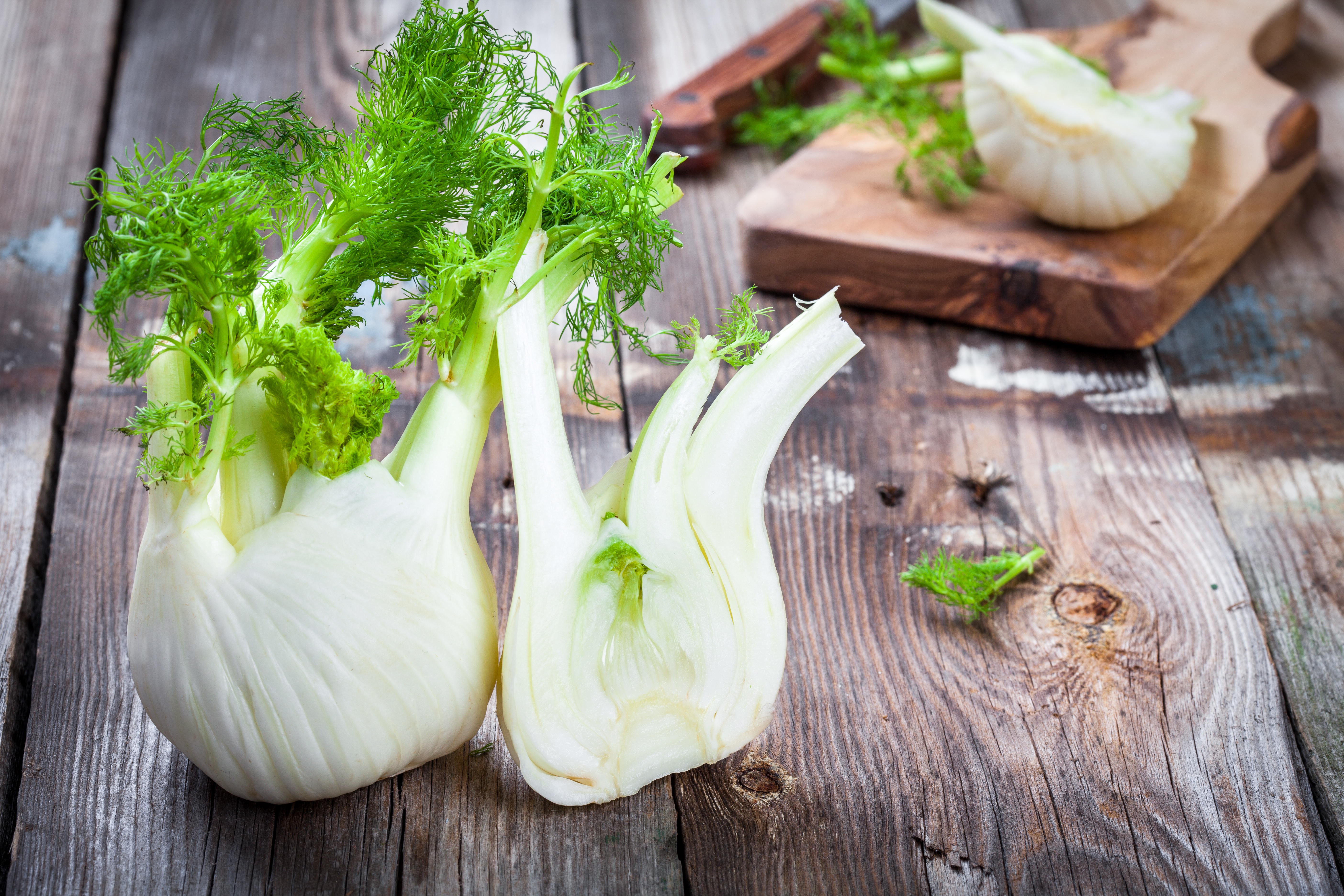
Fennel, with its subtle licorice flavor, is a powerful food for calming inflammation, particularly in the gut. The active compound anethole gives fennel its distinct flavor and provides strong anti-inflammatory and antimicrobial benefits. Fennel is also a fantastic source of fiber, which helps promote a healthy gut microbiome, and it has been used for centuries to ease digestion, reduce bloating, and soothe upset stomachs. You can eat the bulb raw in salads, roast it as a side dish, or brew the seeds into a calming tea. It’s a simple addition that can bring significant relief.
42. Broccoli Sprouts: The Sulforaphane Superstars
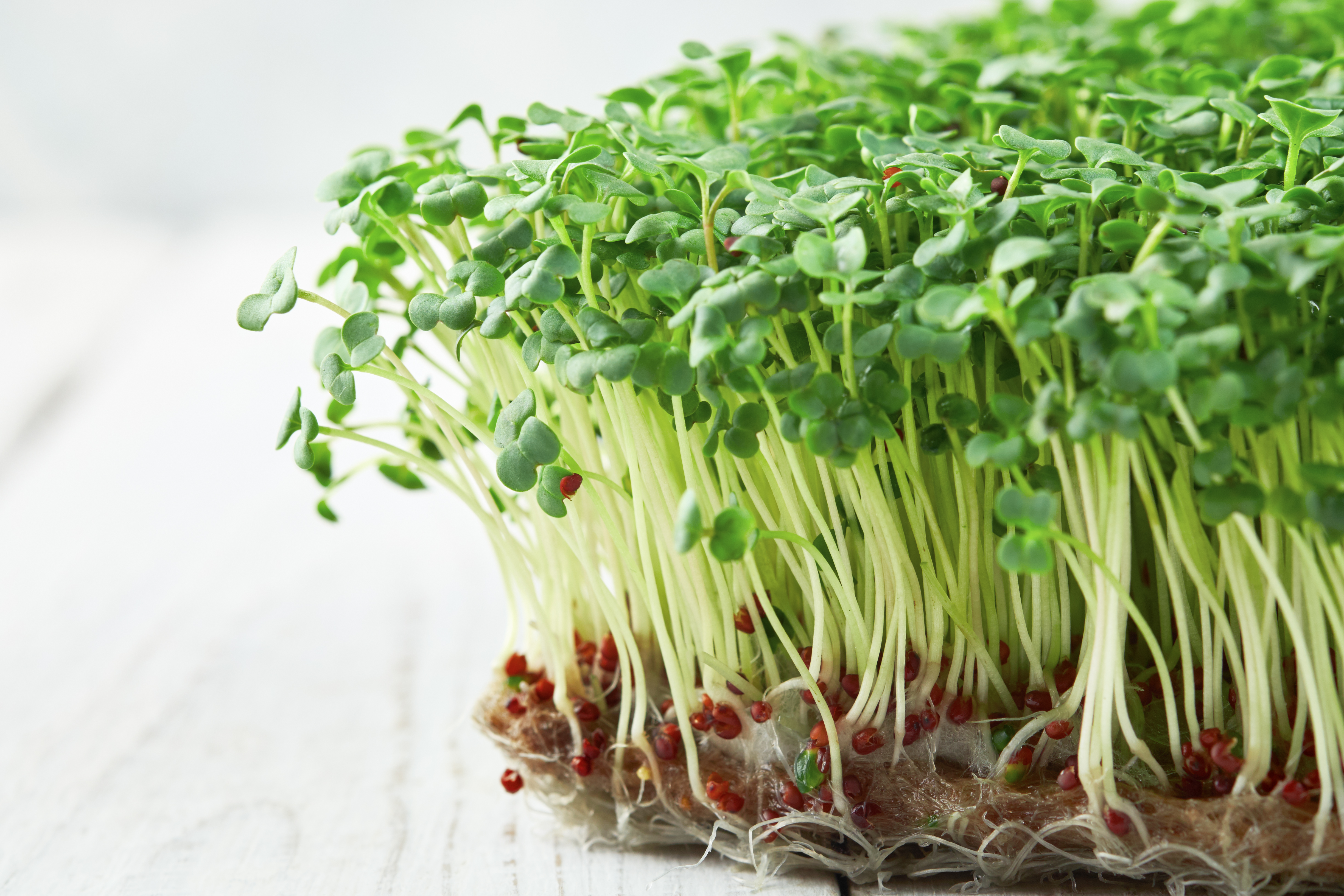
Broccoli sprouts are miniature powerhouses that contain up to 100 times more sulforaphane than mature broccoli. Sulforaphane is a potent compound that activates the body’s detoxification pathways and directly combats inflammation and oxidative stress at a cellular level. It works by signaling genes to produce powerful antioxidant enzymes that protect against DNA damage. Adding a small amount of these sprouts to your diet is a simple way to get a massive dose of these protective compounds. Sprinkle them on salads, sandwiches, or blend them into your morning smoothie for a concentrated anti-inflammatory punch.
43. Black Sesame Seeds: A Calcium and Lignan Powerhouse
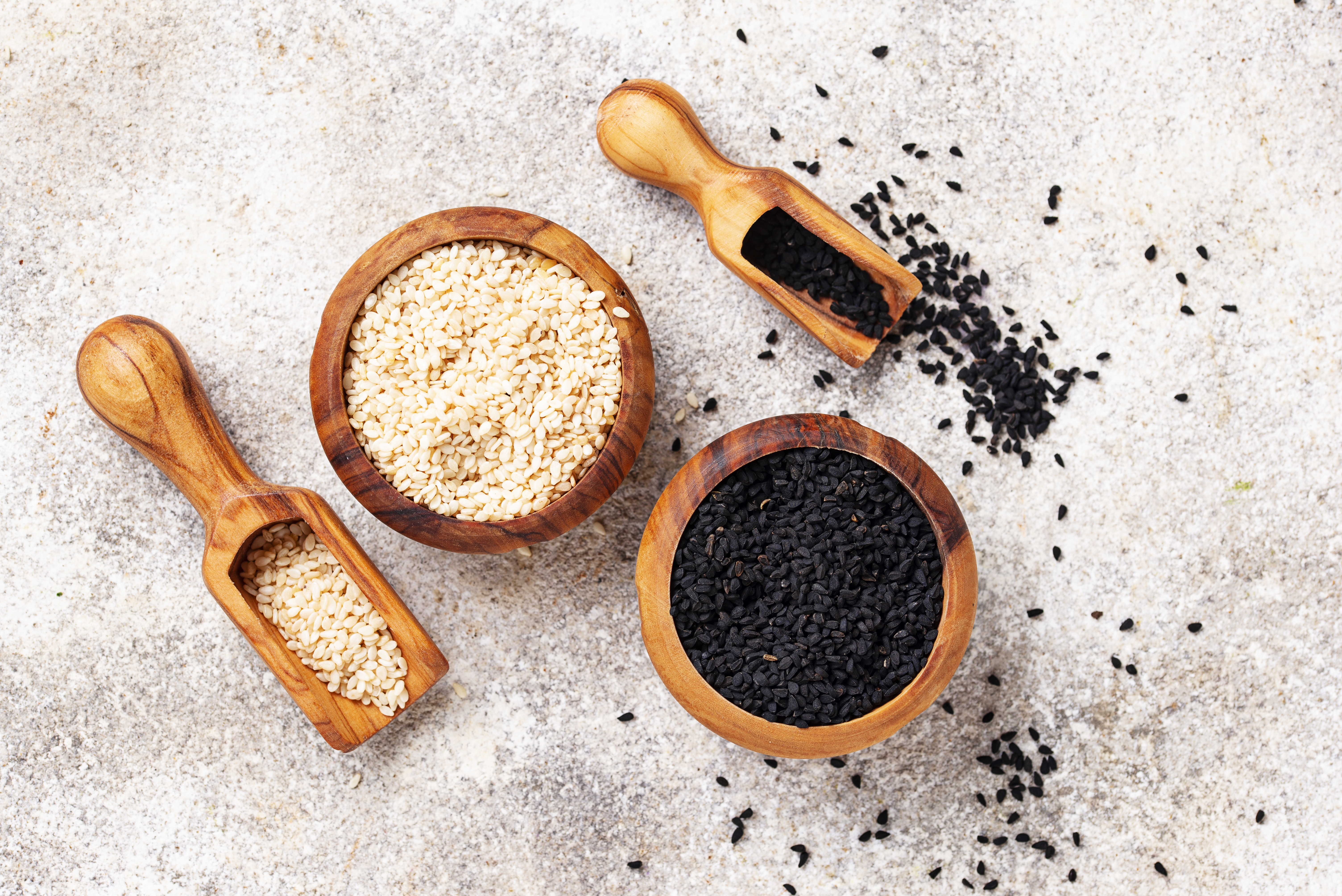
Black sesame seeds are more than just a garnish—they’re an ancient food with profound health benefits. These tiny seeds are a fantastic source of calcium and magnesium, which are crucial for bone health and reducing muscle-related inflammation. They also contain sesamin and sesamolin, unique lignans that are powerful antioxidants and have been shown to reduce inflammation and support liver detoxification. Black sesame seeds have a deeper, richer flavor than their white counterparts. You can toast them and sprinkle them over salads, roasted vegetables, or grind them into a paste for a nutritious and flavorful addition to sauces.
44. Watercress: The Peppery Detoxifier

Watercress is a peppery, nutrient-dense leafy green that has been used in traditional medicine to cleanse the blood and support detoxification. It contains a high concentration of isothiocyanates, compounds that help activate the body’s natural detox pathways and reduce oxidative stress. Watercress is also packed with vitamins K, A, and C, and a variety of minerals. Studies have shown that its unique compounds can help protect against DNA damage and calm systemic inflammation. Add watercress to salads, blend it into soups, or use it as a garnish to give your meals a fresh, zesty kick.
45. Sauerkraut: The Gut-Friendly Ferment
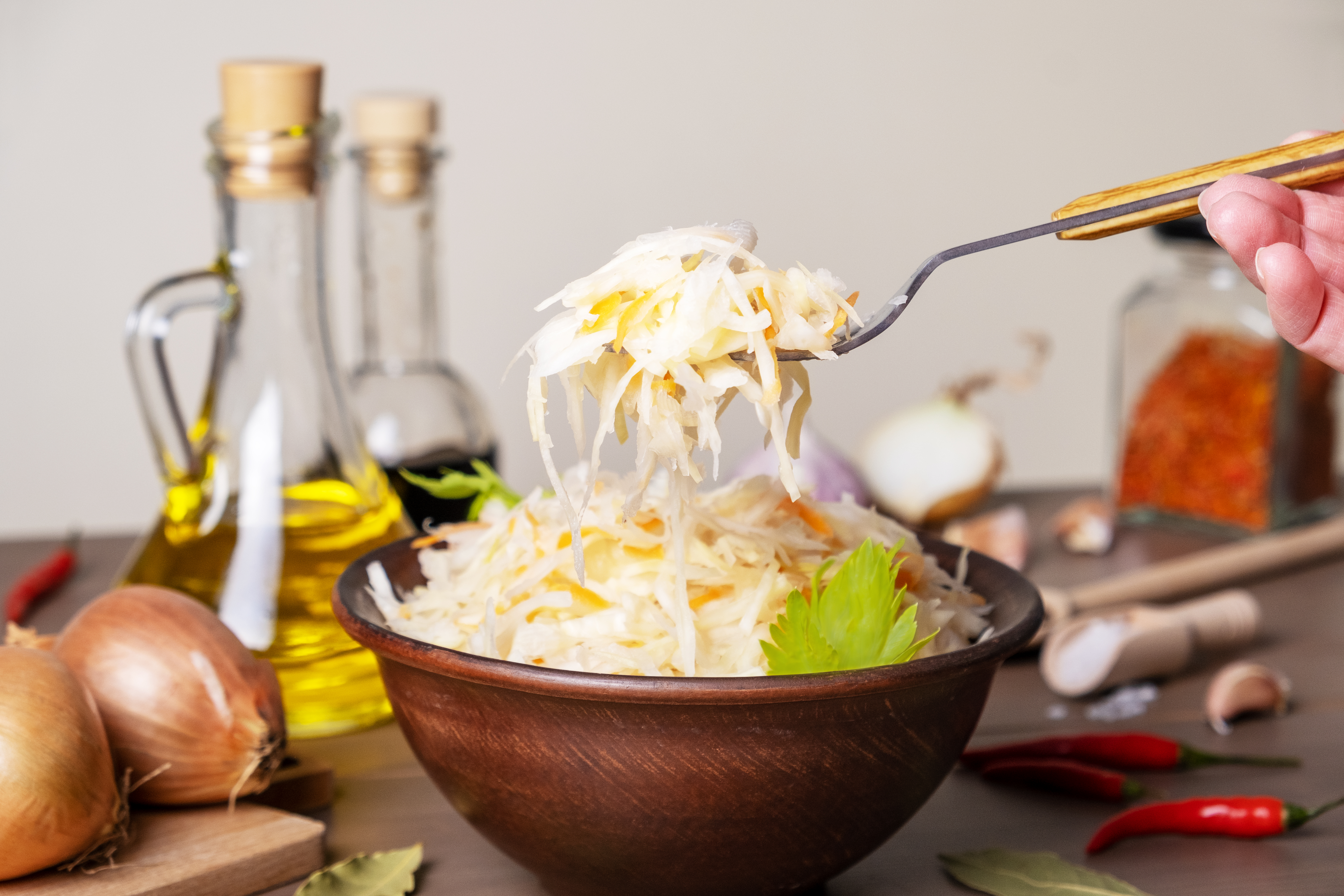
Sauerkraut, a traditional fermented cabbage dish, is a fantastic source of probiotics, which are essential for a healthy gut microbiome. A balanced gut is a key player in regulating the immune system and reducing chronic inflammation. During fermentation, the cabbage becomes even more nutritious, with the probiotics helping to produce short-chain fatty acids that directly nourish the gut lining. Sauerkraut is also rich in vitamin C and K. To get the most benefits, choose a raw, unpasteurized version. Enjoy it as a side dish, on sandwiches, or as a topping for salads and grain bowls.
46. Sumac: The Tangy Red Anti-Inflammatory

This vibrant, reddish-purple spice is a staple in Middle Eastern cuisine and an anti-inflammatory powerhouse. Sumac is rich in flavonoids, gallic acid, and tannins, which are all potent antioxidants. Its main compound, quercetin, has been shown to reduce inflammatory markers, calm allergic responses, and protect against cellular damage. With its tangy, citrus-like flavor, it’s a perfect substitute for lemon zest or vinegar. Sprinkle it over roasted vegetables, grilled meats, hummus, or salads. Sumac provides a bold, unique flavor while quietly working behind the scenes to help your body combat inflammation.
47. Moringa: The Green Superfood
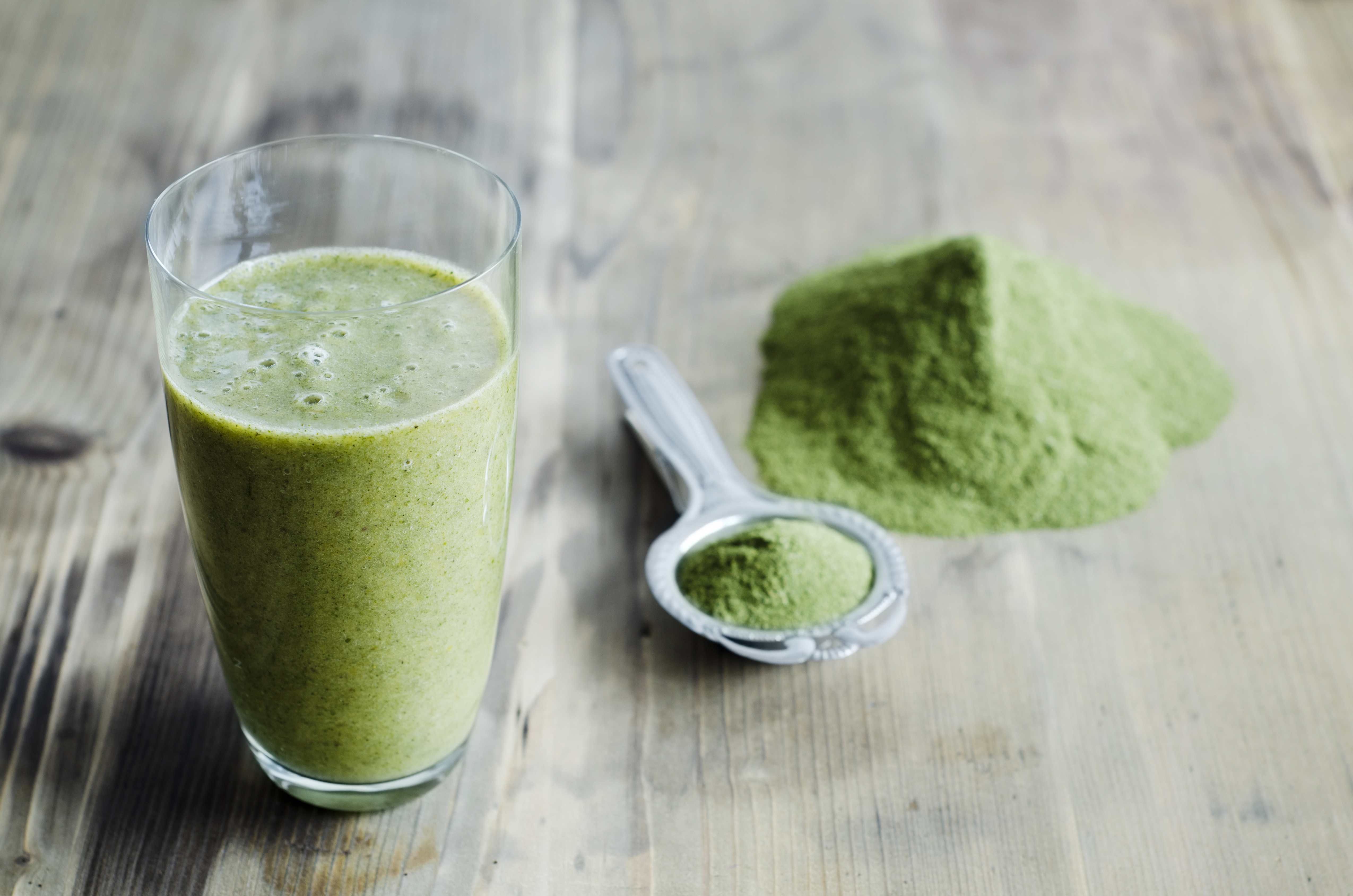
Often called the “miracle tree,” moringa is a leafy plant with an impressive nutritional profile. The leaves, often consumed as a powdered supplement, are loaded with isothiocyanates, a class of compounds that are potent anti-inflammatories. Moringa has been shown to significantly reduce inflammatory markers in the body and protect against oxidative stress. It is also a good source of vitamins A, C, and E, as well as calcium and iron. Its earthy, slightly bitter flavor can be masked by adding a spoonful to smoothies, green juices, or sauces. Moringa is a powerful, yet often overlooked, natural tool for combating inflammation at the cellular level.
48. Shiitake Mushrooms: The Beta-Glucan Boost
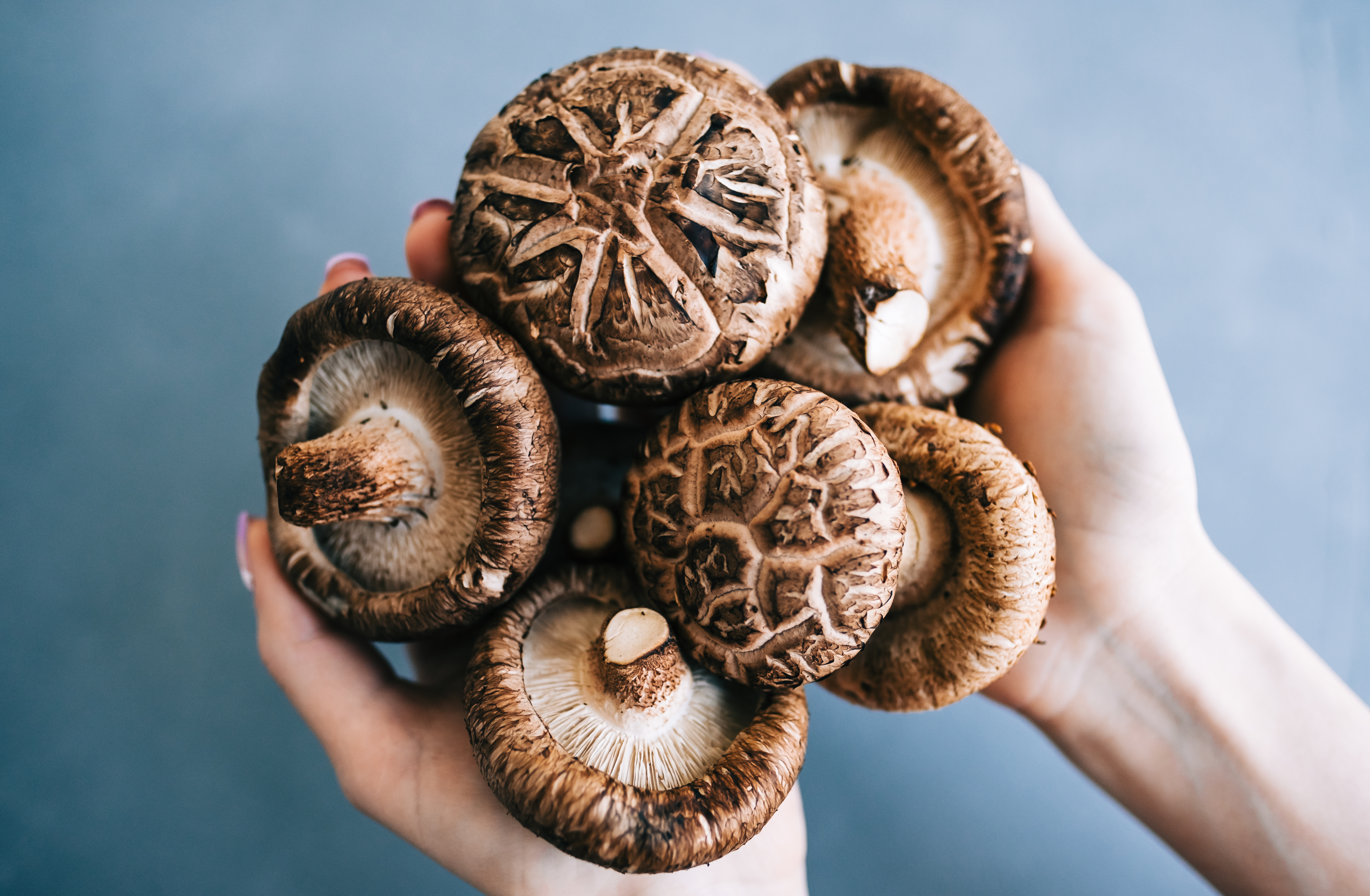
Shiitake mushrooms are particularly rich in beta-glucans, a type of soluble fiber that helps modulate the immune system and reduce inflammation. Shiitake mushrooms also contain ergothioneine, a unique antioxidant that protects cells from damage and reduces oxidative stress. These mushrooms have been used for centuries to support immunity and overall health. With their meaty texture and rich, umami flavor, they can be easily incorporated into soups, stir-fries, and sauces, making them a delicious and effective addition to any anti-inflammatory diet.
49. Carrots: The Beta-Carotene Champion

Carrots are much more than just a crunchy snack for good vision. They are an incredible source of beta-carotene, a powerful antioxidant that the body converts into vitamin A. This nutrient is crucial for healthy immune function and plays a key role in reducing inflammation. Carrots also contain other anti-inflammatory antioxidants like lutein and zeaxanthin. Their natural sweetness and satisfying crunch make them a versatile food that can be enjoyed raw, roasted, or steamed. Incorporating carrots into your daily routine is a simple, effective, and delicious way to load up on nutrients that help restore balance and reduce inflammation from the inside out.
50. Almonds: The Vitamin E and Fiber Ally
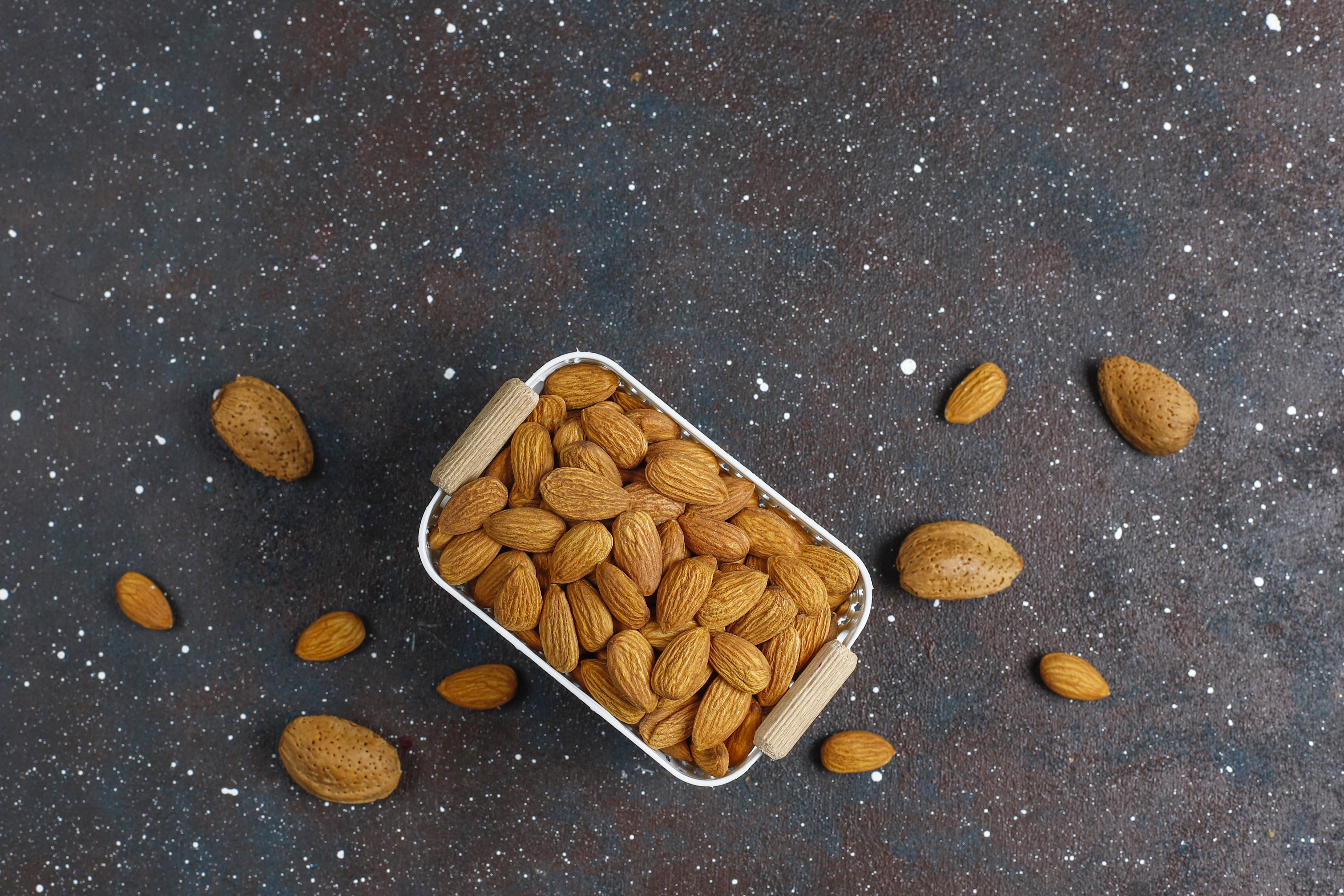
Almonds have a unique blend of nutrients. They are one of the best food sources of vitamin E, a fat-soluble antioxidant that protects cell membranes from inflammatory damage. Almonds also contain a good amount of magnesium, a mineral essential for muscle and nerve function, and fiber, which supports a healthy gut microbiome. A balanced gut is key to a regulated immune system and reduced systemic inflammation. A small handful of almonds a day is an easy way to get a powerful dose of these nutrients and support your body’s natural anti-inflammatory processes.
51. Mackerel: An Omega-3 Powerhouse

While fatty fish is a general category, mackerel deserves its own spotlight as one of the most potent sources of omega-3 fatty acids, particularly EPA and DHA. These fats are crucial for reducing inflammation and are highly bioavailable, meaning your body can use them efficiently. Mackerel is also a sustainable, low-mercury option, making it an excellent choice for a regular part of your diet. Its rich, savory flavor holds up well in a variety of dishes, from grilling and baking to smoking. By choosing mackerel, you're not just getting a food source of omega-3s, you’re getting a concentrated, clean dose of inflammation-fighting power.
52. Asparagus: The Glutathione and Fiber Champion
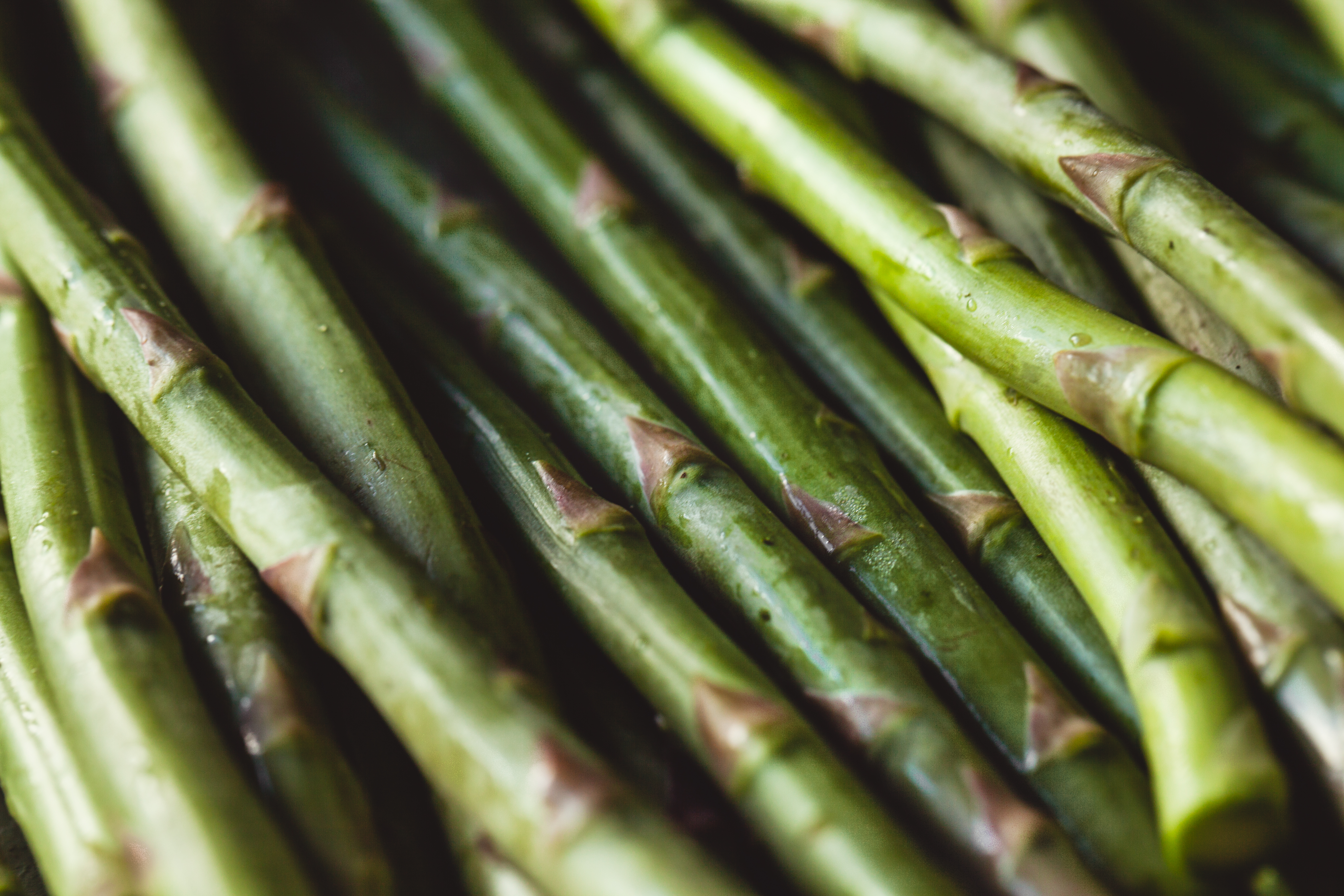
Asparagus is a vegetable with a unique anti-inflammatory profile. It contains a high amount of glutathione, one of the body's most powerful antioxidants. Glutathione helps protect cells from oxidative stress and plays a key role in detoxification, which is essential for reducing the inflammatory burden on your body. Additionally, asparagus is rich in inulin, a type of prebiotic fiber that feeds beneficial gut bacteria. A healthy gut microbiome is a foundational element of a regulated immune system and reduced inflammation. Roasting or steaming asparagus lightly preserves these delicate compounds, making it a delicious and highly effective anti-inflammatory food.
53. Kombu: The Mineral-Rich Sea Vegetable
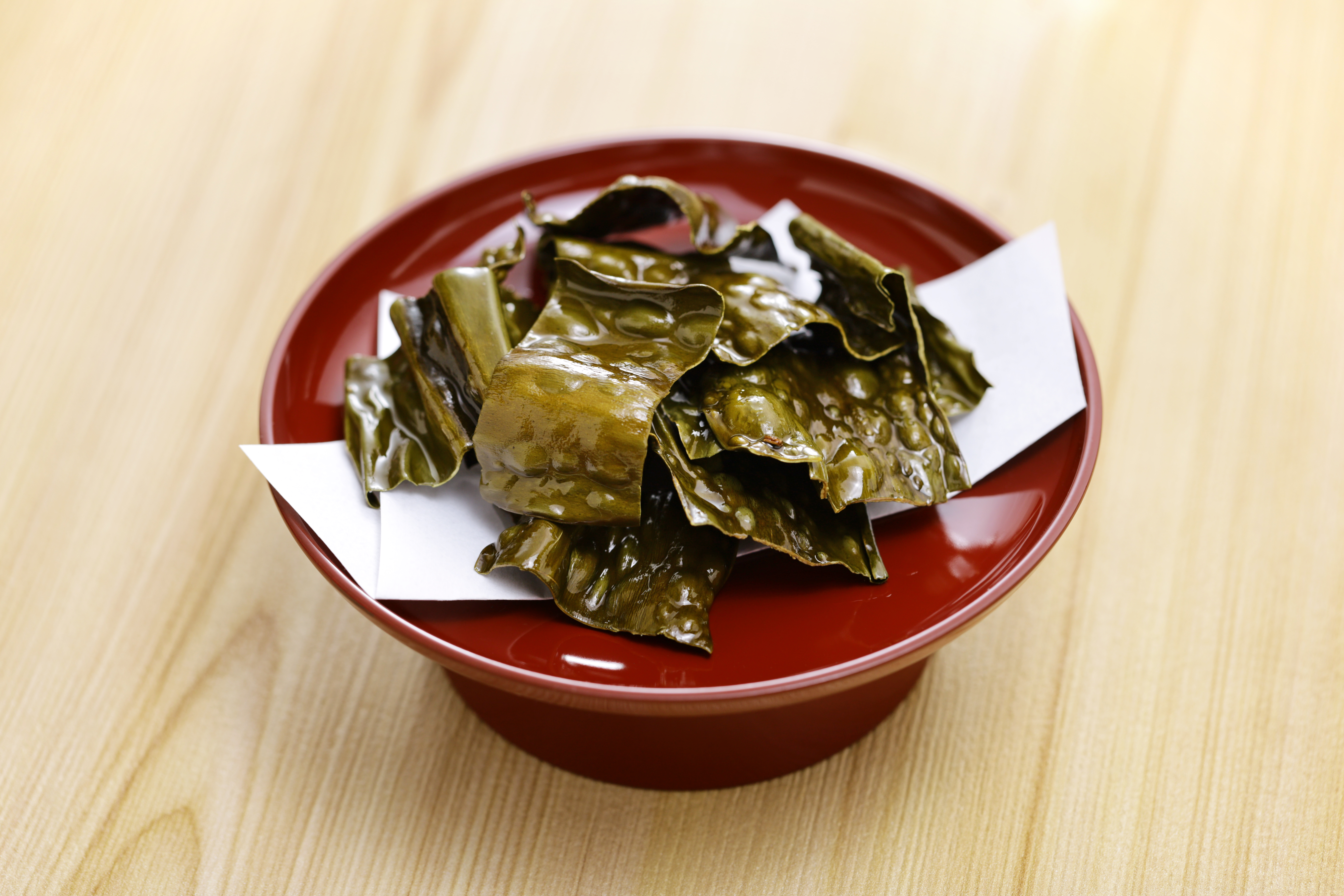
Kombu, a type of brown seaweed, is more than just a base for Japanese broths. It is an extraordinary source of fucoidan, a polysaccharide that has been shown in studies to possess potent anti-inflammatory properties, particularly in the gut. Kombu also contains alginates, a type of fiber that helps remove heavy metals from the body, and a rich array of minerals like iodine and magnesium, which are essential for cellular health. By adding a small strip of kombu to soups, stews, or even soaking it in water to create a mineral-rich broth, you’re infusing your food with a powerful, ocean-derived anti-inflammatory agent.
54. Cabbage: A Cruciferous Anti-Inflammatory
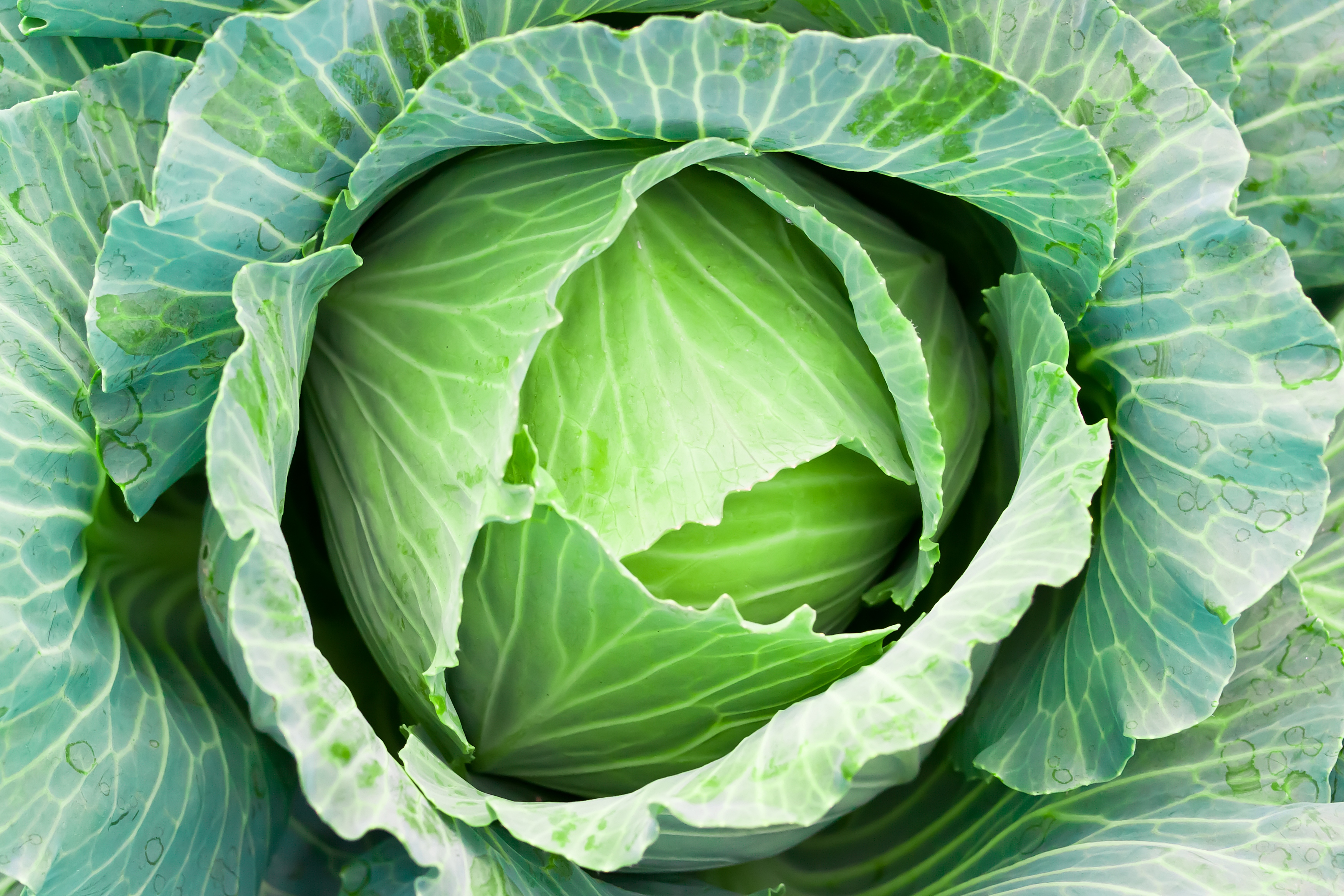
Cabbage is a humble, often overlooked vegetable with an impressive anti-inflammatory profile. It is packed with sulforaphane and kaempferol, two powerful antioxidants that work to reduce inflammation and protect against cellular damage. Kaempferol, in particular, has been shown to reduce inflammatory markers in the blood. Cabbage is also an excellent source of vitamin K and C, as well as fiber, which supports a healthy digestive system. Raw cabbage, like in coleslaw, or fermented cabbage, like sauerkraut, provides the most benefit. Steaming or lightly sautéing it also preserves its potent compounds.
55. Black Pepper: The Bioavailability Booster

While mentioned in passing with turmeric, black pepper deserves its own entry as a standalone anti-inflammatory. The active compound, piperine, is a powerful anti-inflammatory agent in its own right. It works by inhibiting the production of cytokines, which are molecules that drive inflammation. But piperine’s true magic lies in its ability to significantly enhance the bioavailability of other beneficial compounds, like curcumin in turmeric. This means that pairing black pepper with other anti-inflammatory foods makes them far more effective. Adding a simple dash of freshly ground black pepper to nearly any meal is a smart and easy way to amplify your food's healing power.
Let Food Be Your First Defense
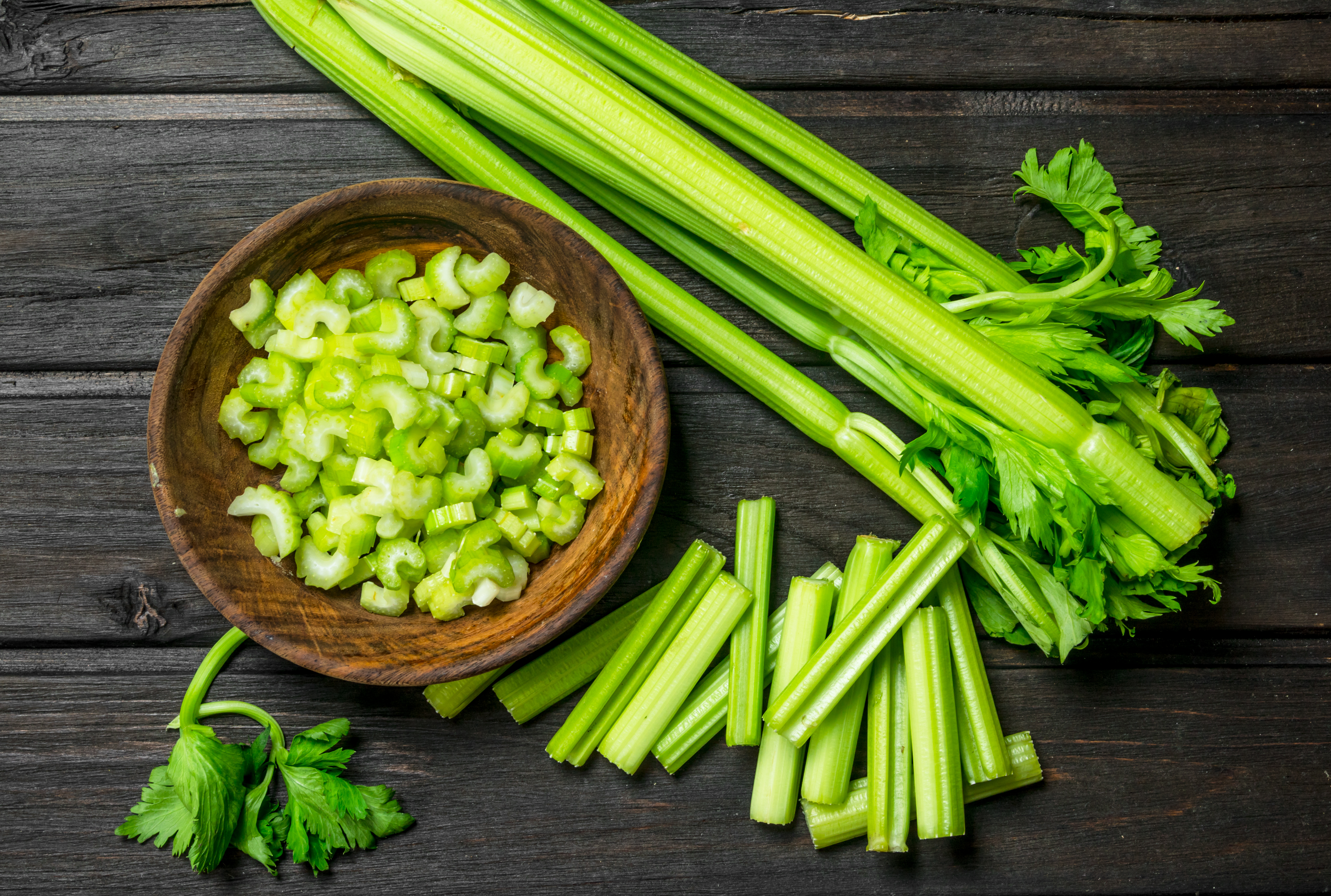
This isn’t about strict diets or miracle cures—it’s about small, sustainable shifts that add up. Because healing doesn’t start in a bottle—it starts in your kitchen. Whether you’re managing an existing condition or simply aiming for long-term wellness, the right foods can help you feel clearer, stronger, and more resilient. So, the next time you fill your plate, remember: you're not just eating—you’re rebuilding. One bite at a time, you're giving your body the tools it needs to thrive.